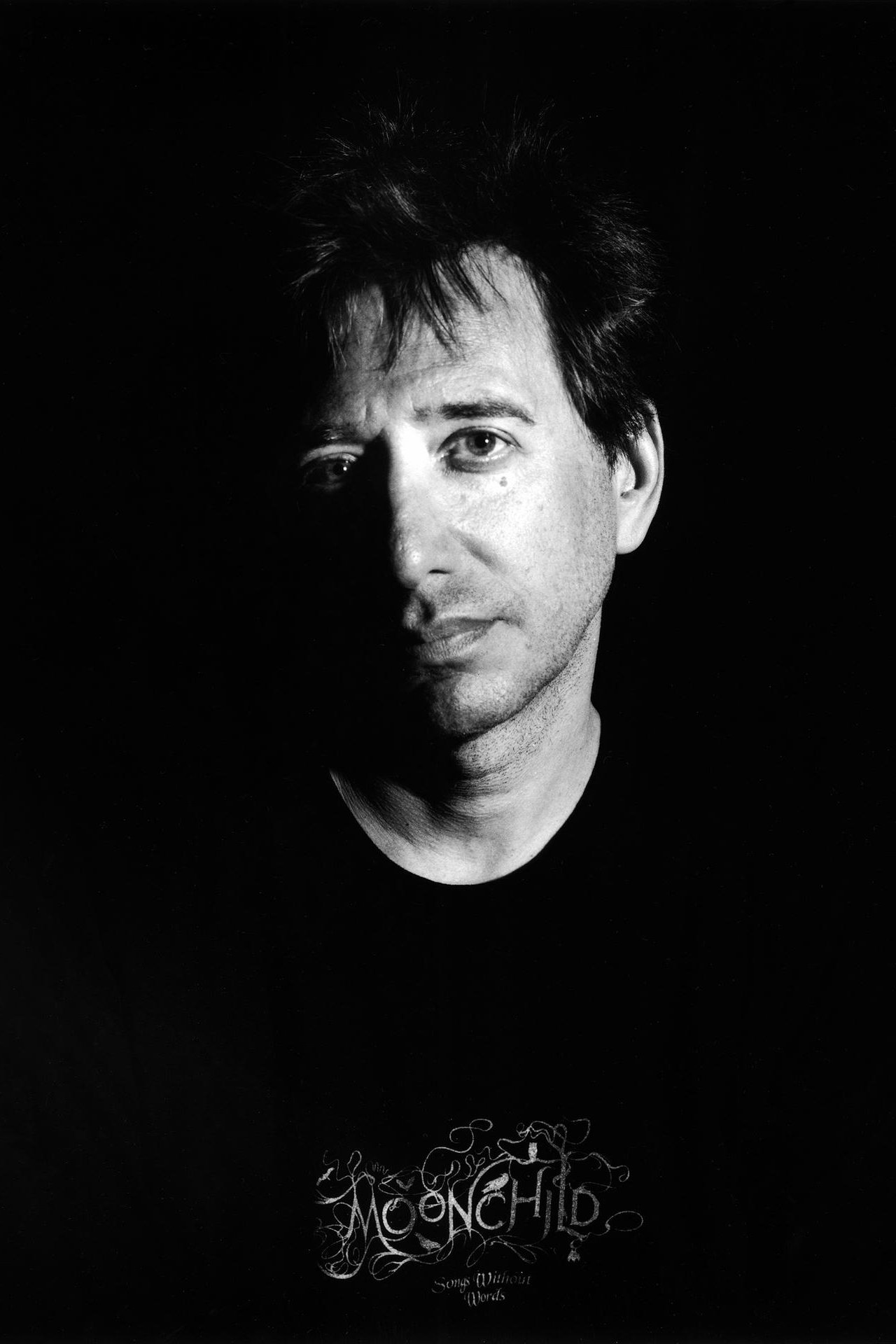
John Zorn
John Zorn (born September 2, 1953) is an American composer, arranger, record producer, saxophonist, and multi-instrumentalist with hundreds of album credits as performer, composer, and producer across a variety of genres including jazz, rock, hardcore, classical, surf, metal, soundtrack, ambient, and improvised music. He incorporates diverse styles in his compositions, which he identifies as avant-garde or experimental. Zorn was described by Down Beat as "one of our most important composers". Zorn established himself within the New York City downtown music movement in the mid-1970s, performing with musicians across the sonic spectrum and developing experimental methods of composing new music. After releasing albums on several independent US and European labels, Zorn signed with Elektra Nonesuch and received wide acclaim with the release of The Big Gundown, an album reworking the compositions of Ennio Morricone. He attracted further attention worldwide with the release of Spillane in 1987 and Naked City in 1990. After spending almost a decade travelling between Japan and the US, he made New York his permanent base and established his own record label, Tzadik, in the mid-1990s. Tzadik enabled Zorn to maintain independence from the mainstream music industry and ensured the continued availability of his growing catalog of recordings, allowing him to prolifically record and release new material, issuing several new albums each year, as well as promoting the work of many other musicians. Zorn has led the hardcore bands Naked City and Painkiller, the Jewish music-inspired jazz quartet Masada, composed 613 pieces as part of the three Masada songbooks that have been performed by an array of groups, composed concert music for classical ensembles and orchestras, and produced music for opera, sound installations, film and documentary. Zorn has undertaken many tours of Europe, Asia, and the Middle East, often performing at festivals with many other musicians and ensembles that perform his diverse output.
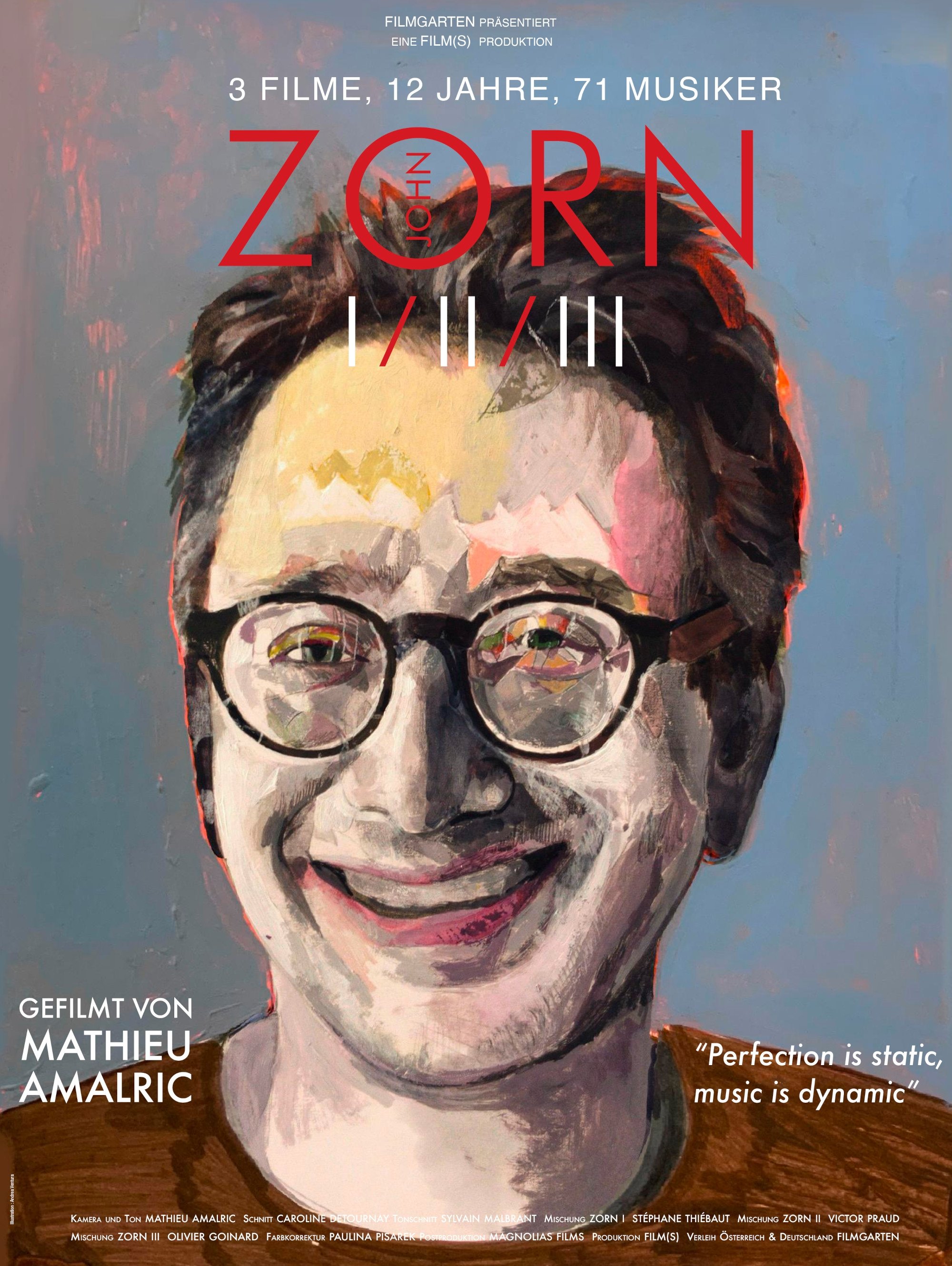
Zorn III (2018 – 2022)
(Himself)

Zorn I (2010 – 2016)
(Himself)

Zorn II (2016 – 2018)
(Himself)
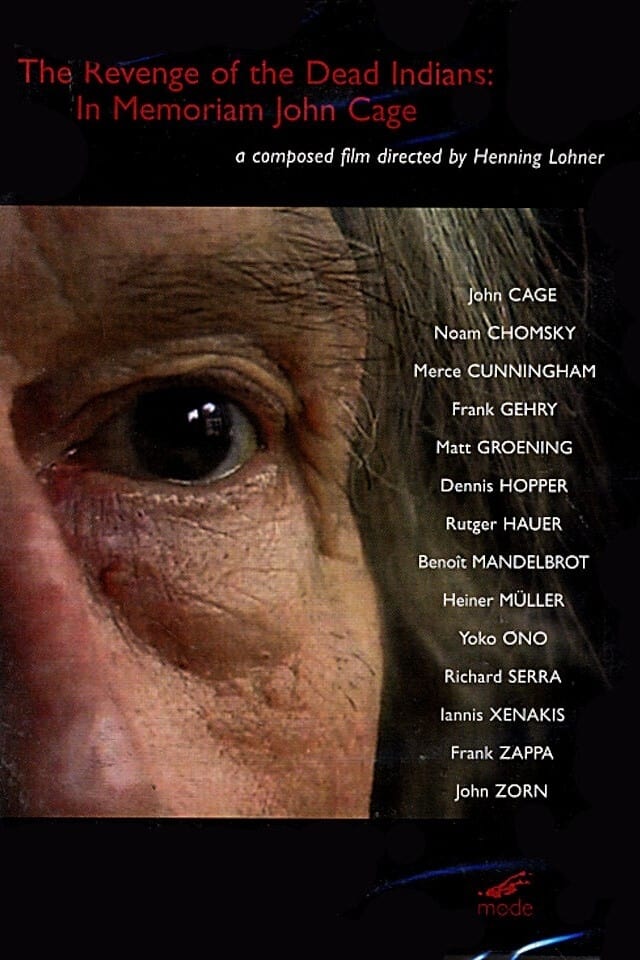
The Revenge of the Dead Indians
(Himself)
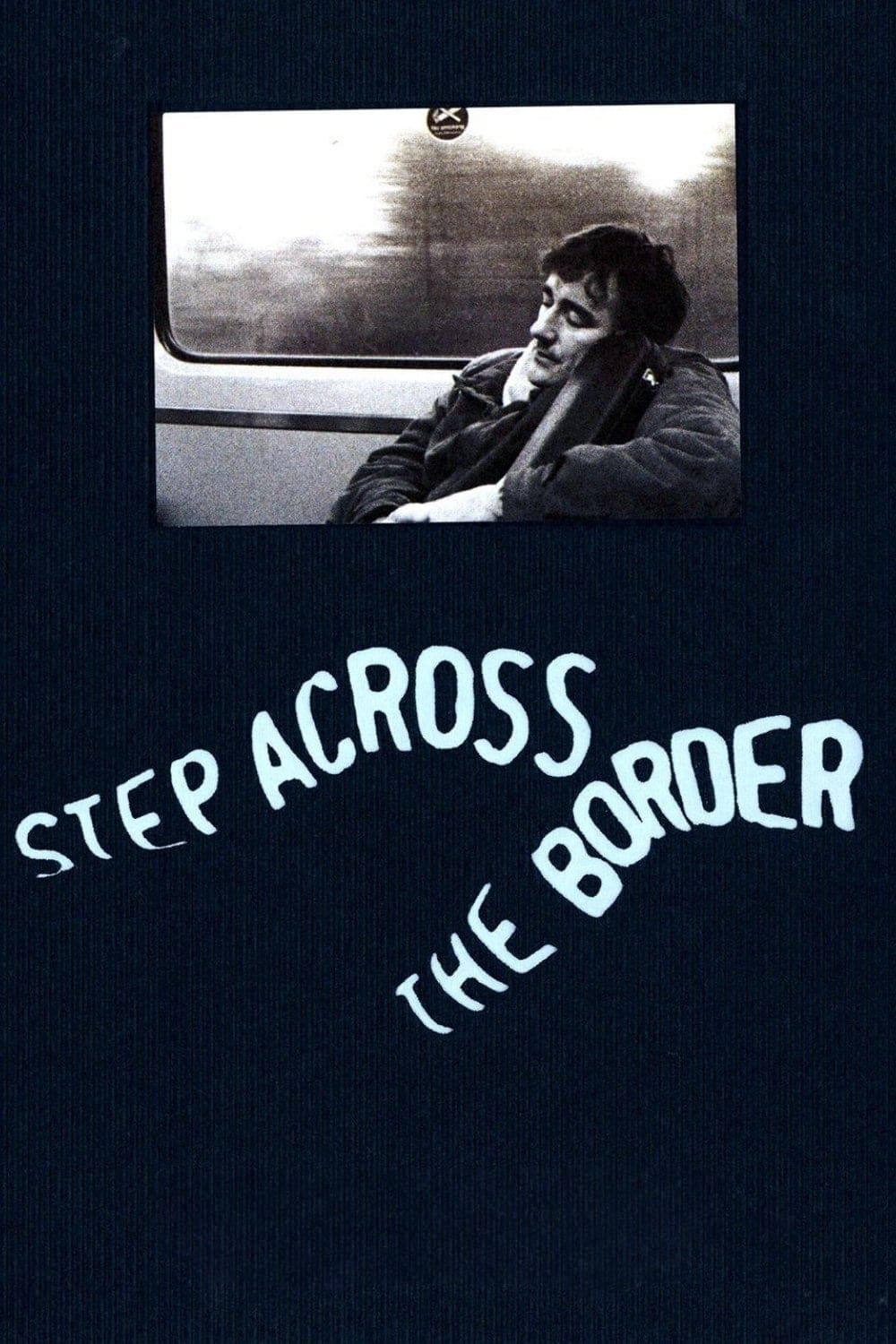
Step Across the Border
(Self)
John Zorn's Naked City: Montreux Jazz Festival 1990
(Himself)
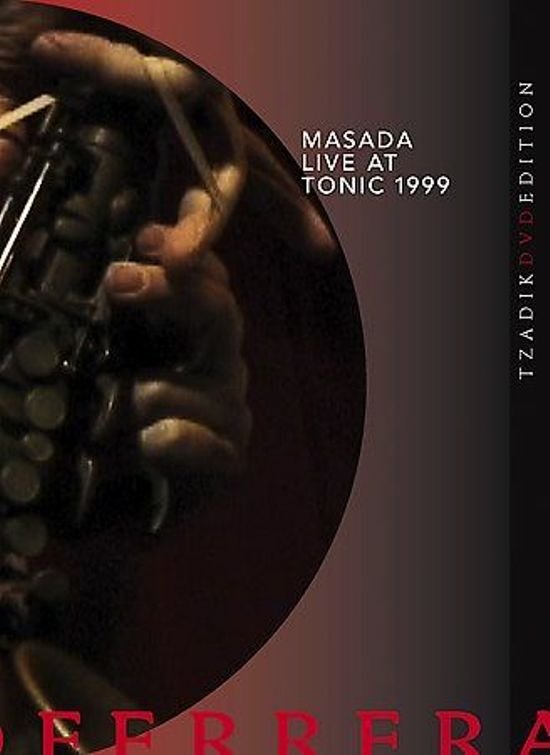
Masada: Live at Tonic 1999
(Himself - Alto Saxophone)
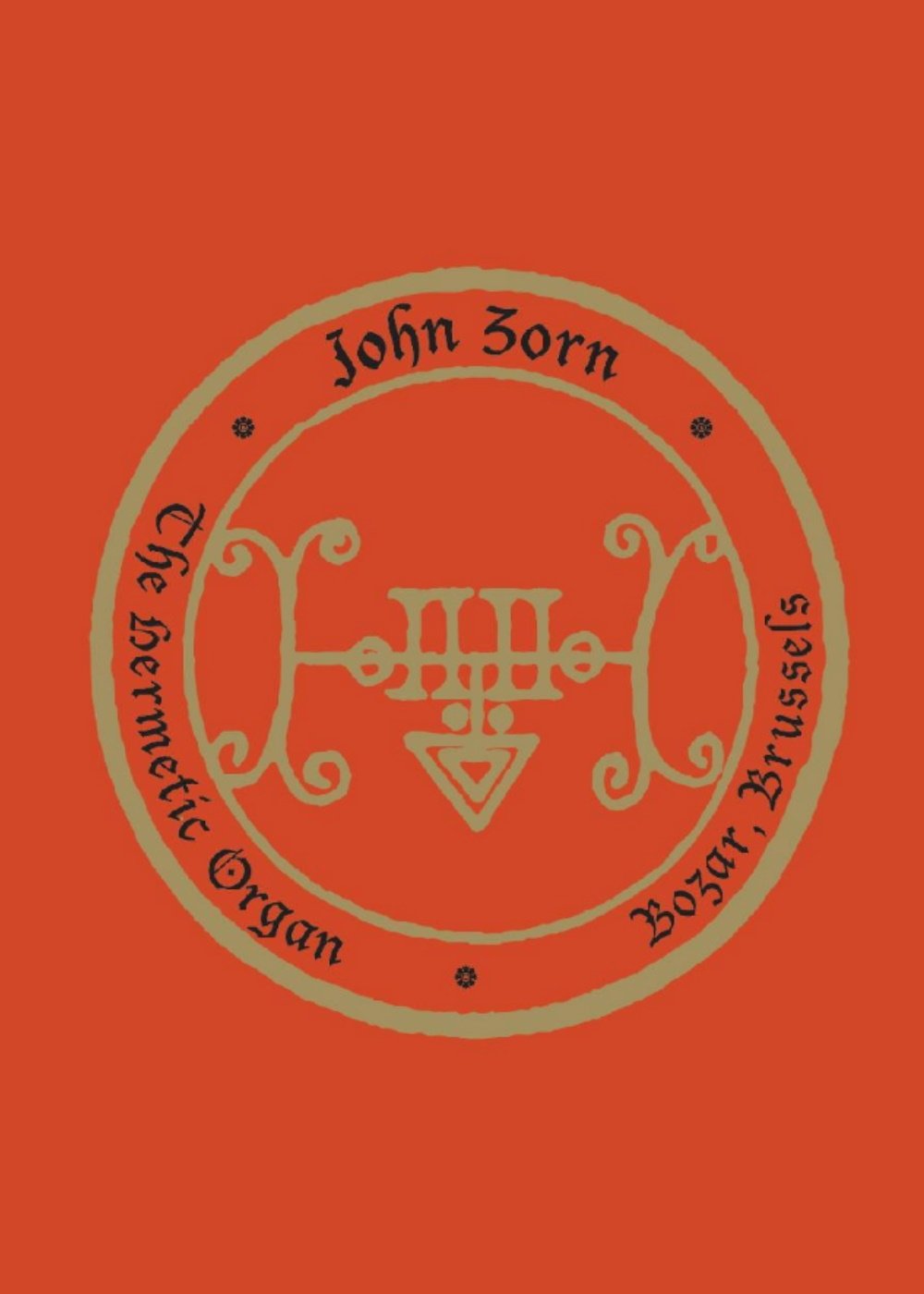
John Zorn: The Hermetic Organ Volume 10 - Bozar, Brussels
(Himself)
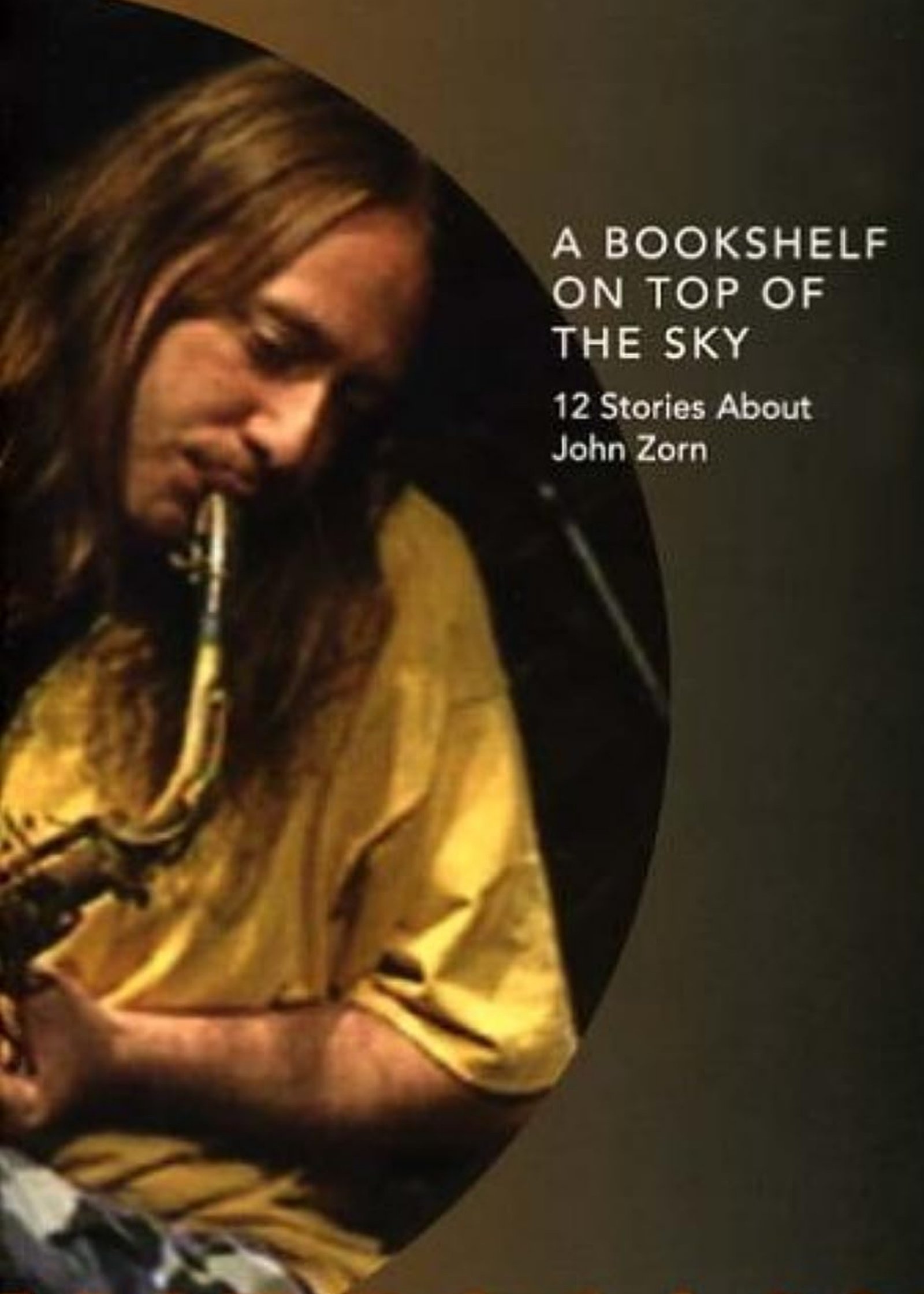
A Bookshelf on Top of the Sky: 12 Stories About John Zorn
(Self)

365 Day Project
(Self)
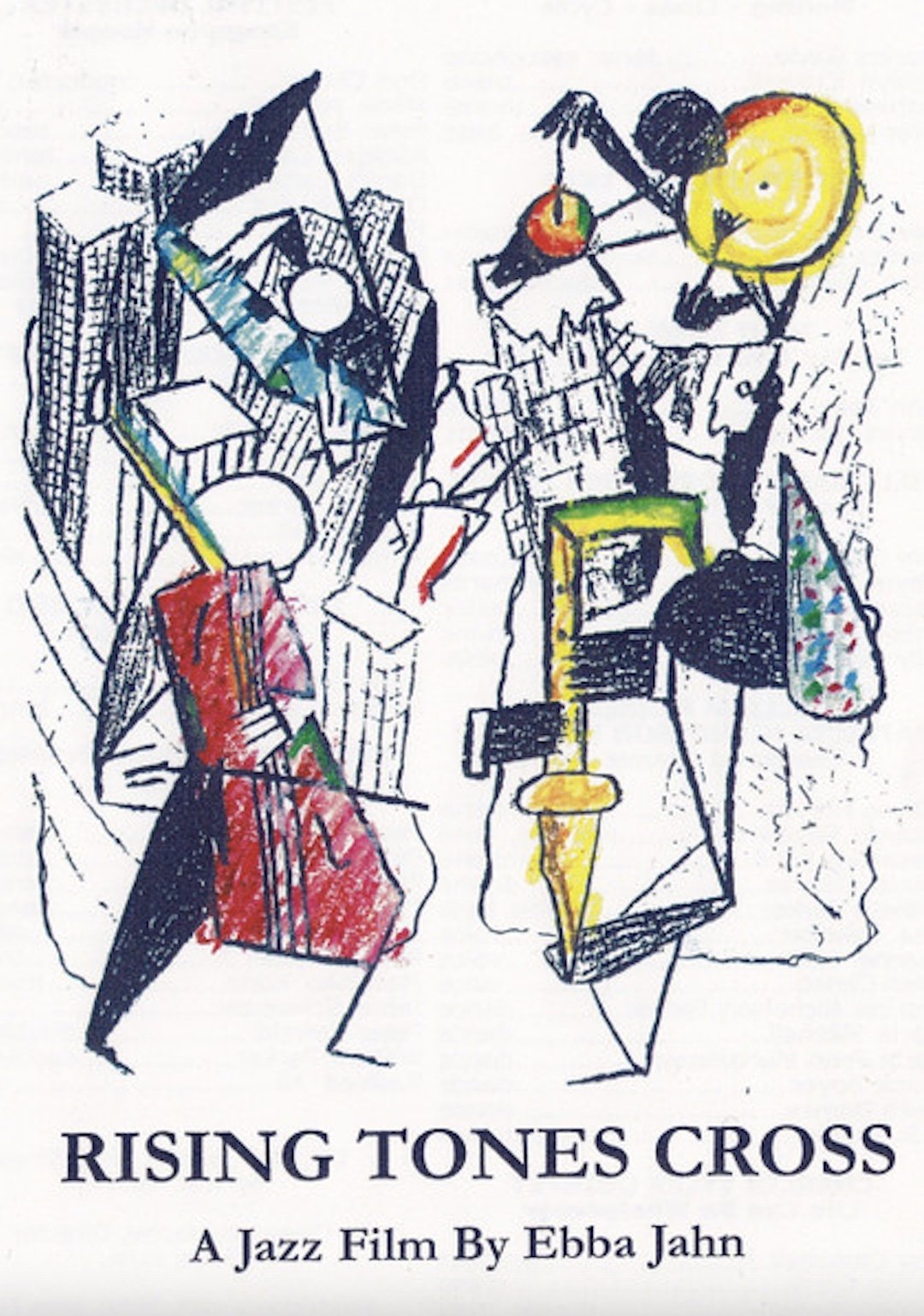
Rising Tones Cross
(Himself)
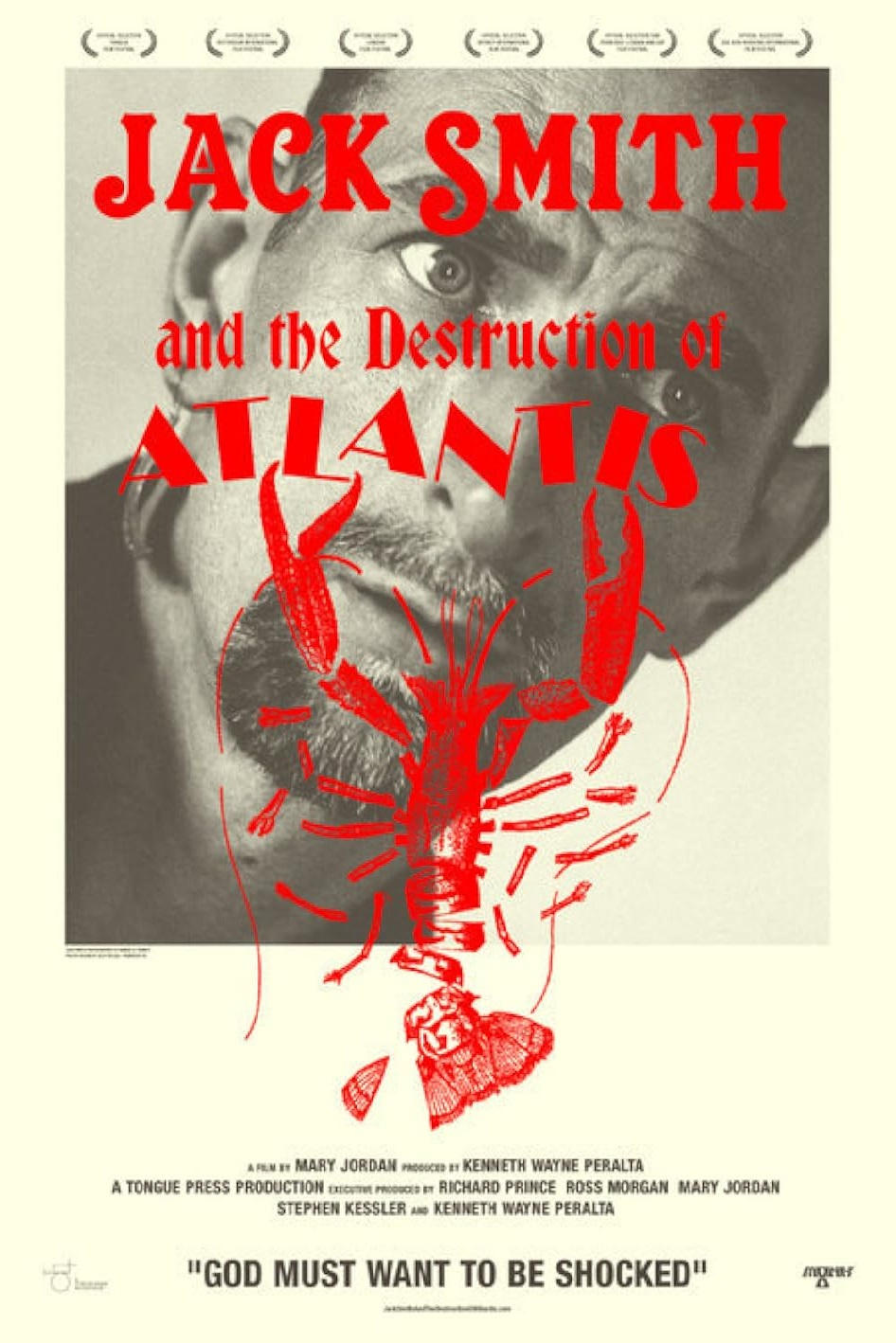
Jack Smith and the Destruction of Atlantis
(Self)
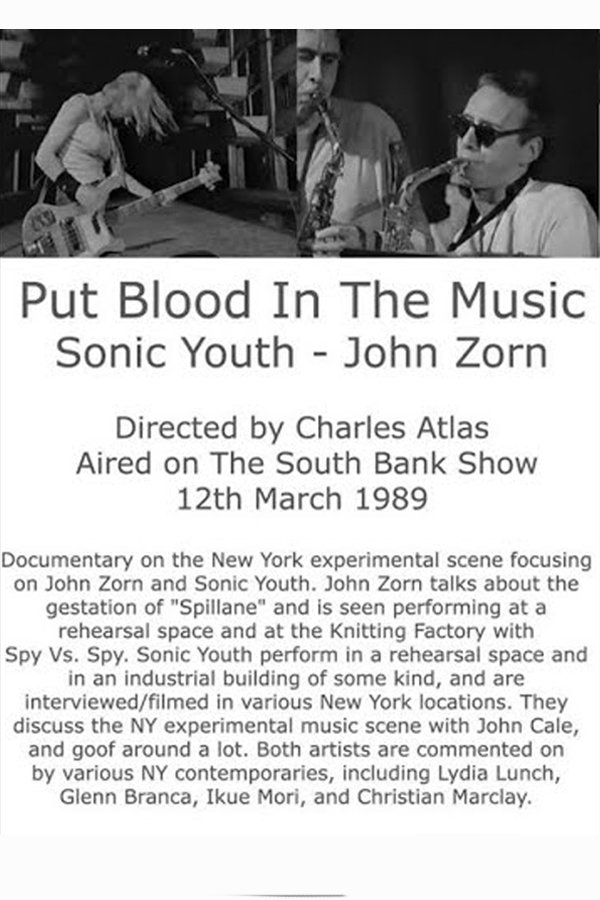
Put More Blood Into the Music
(Himself)
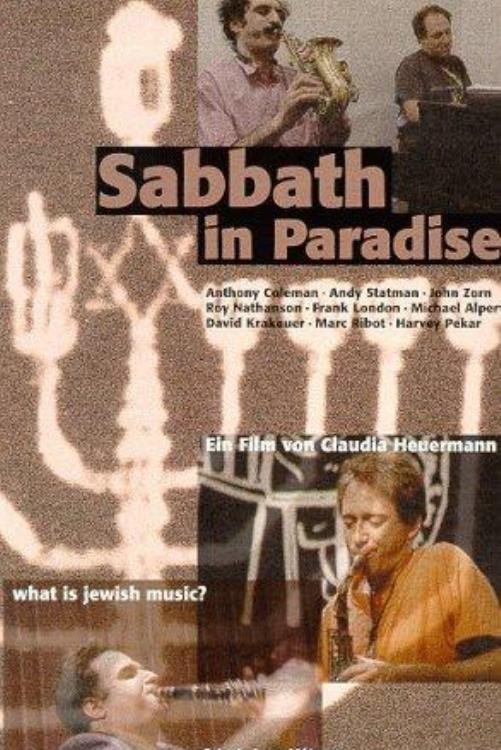
Sabbath in Paradise
(Himself)
Money
(Himself)
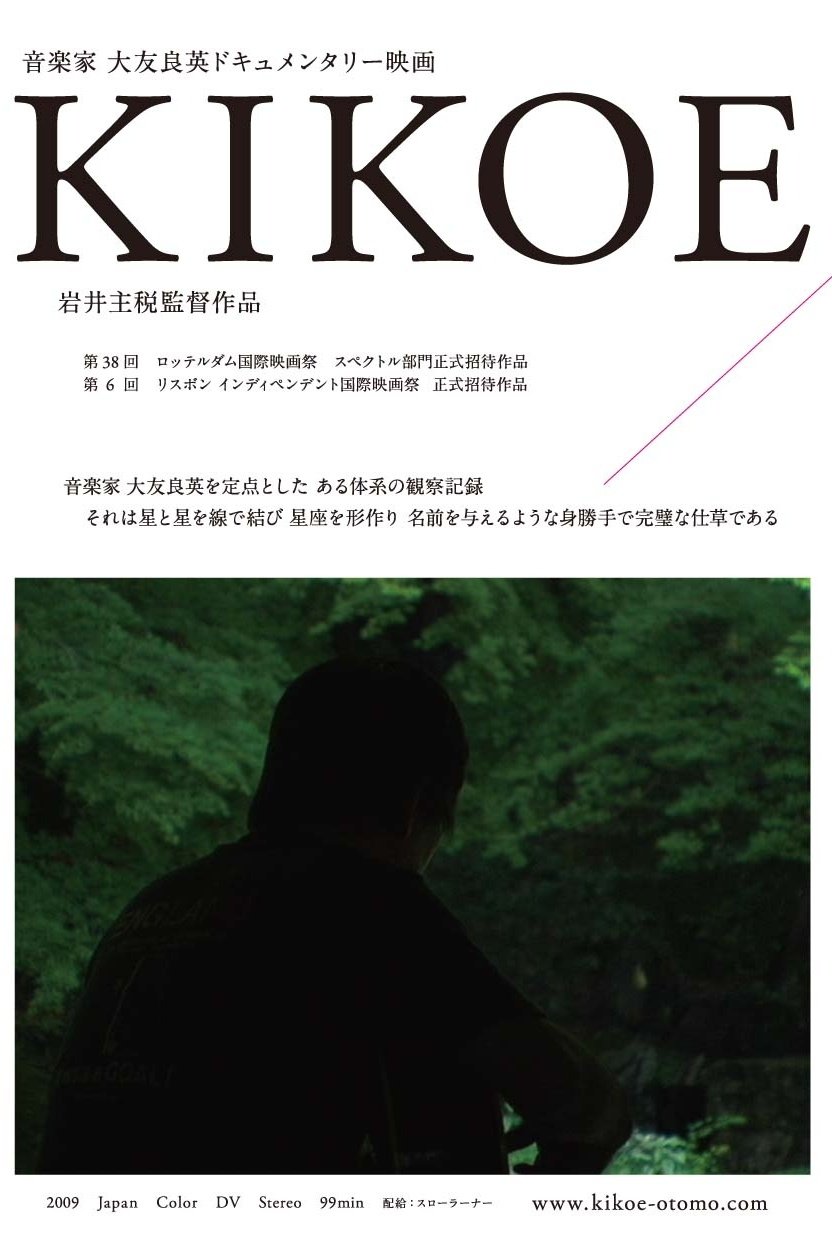
Kikoe
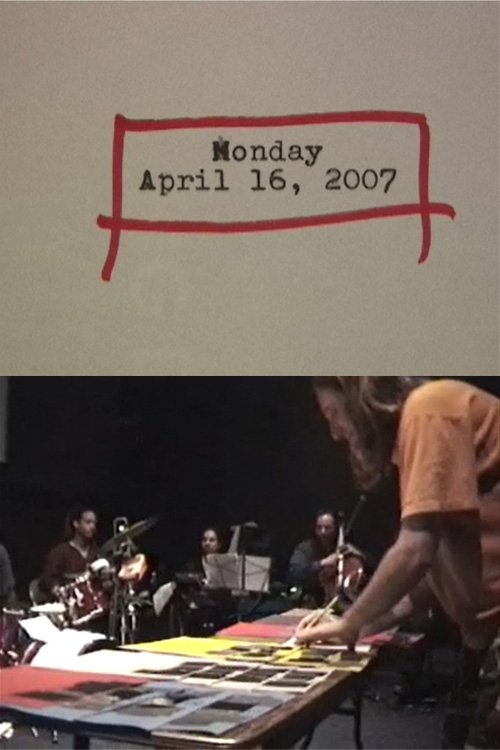
Monday April 16, 2007
(Self (prompter))

Friday May 4, 2007: John Zorn – Cobra Part Two
(Self (prompter))
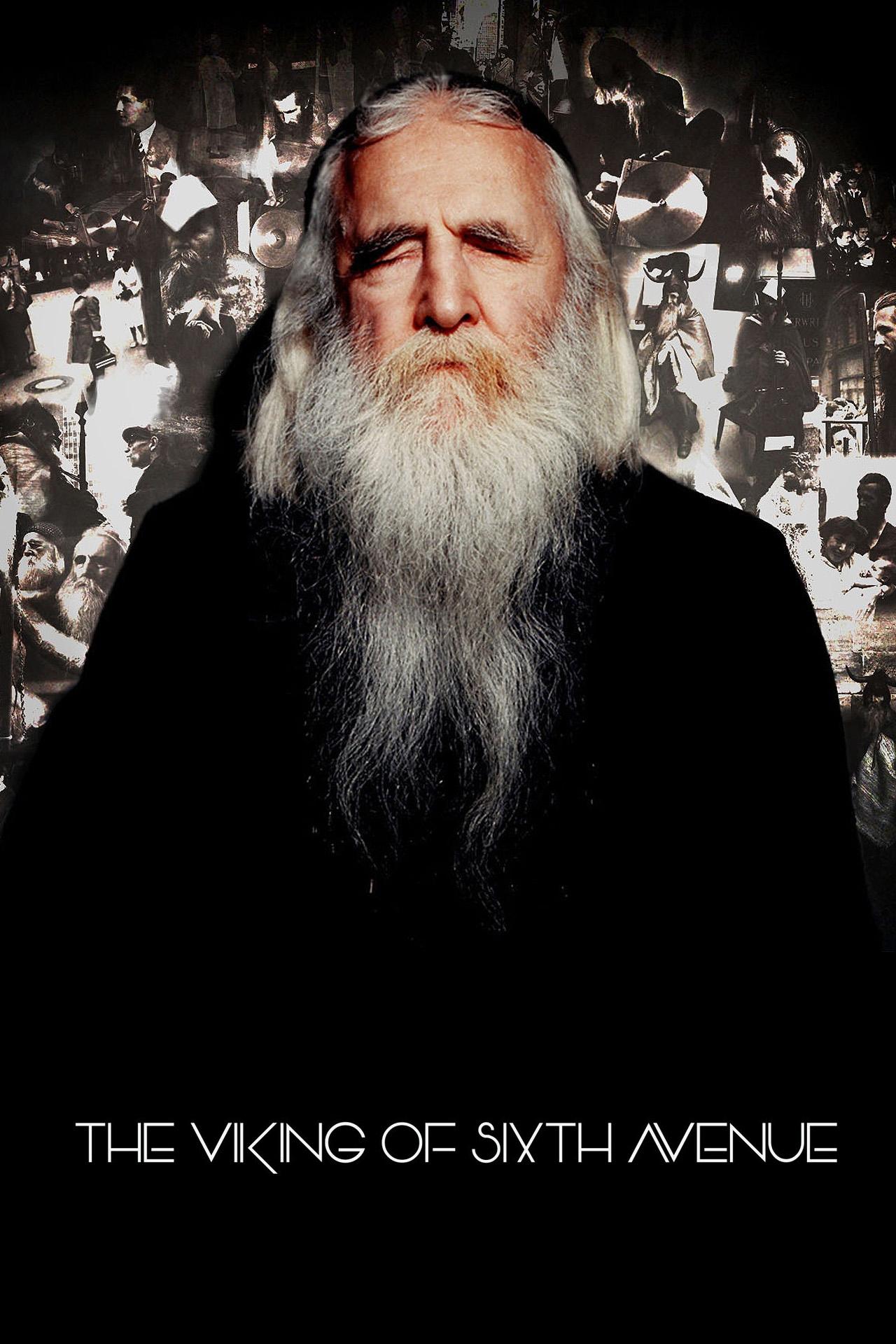
The Viking of Sixth Avenue
(Self)
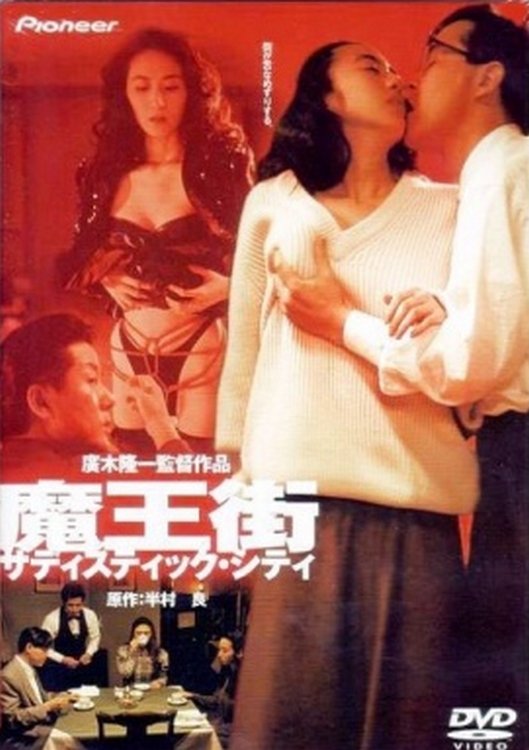
Maohgai
(Original Music Composer)
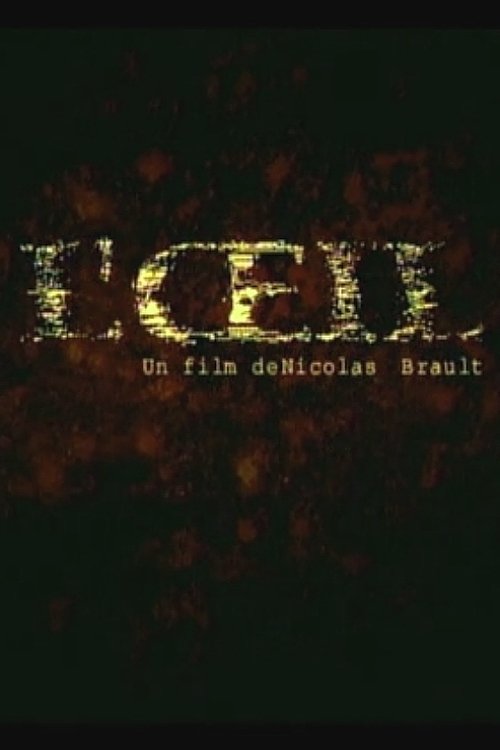
The eye
(Music)
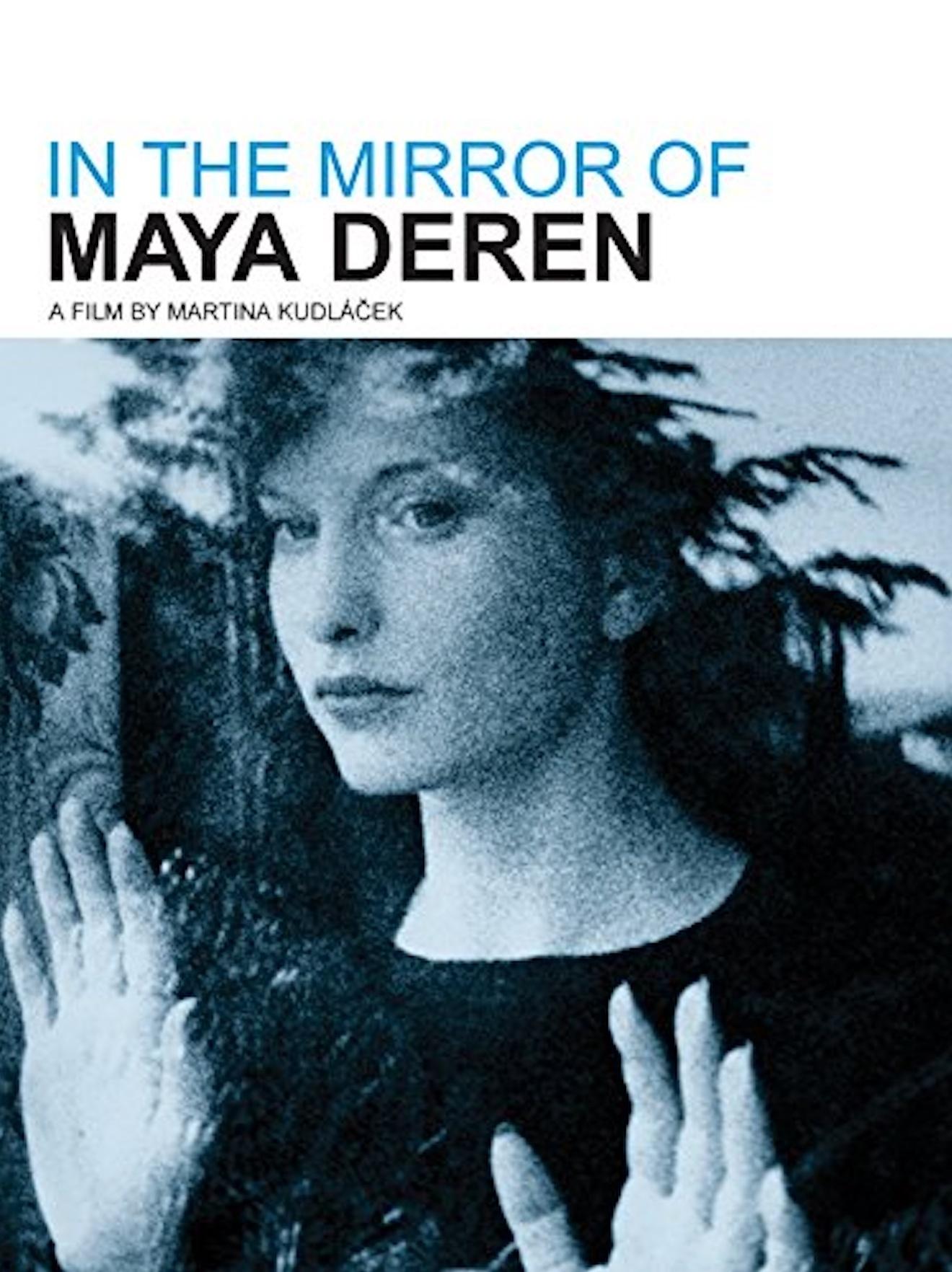
In the Mirror of Maya Deren
(Music)
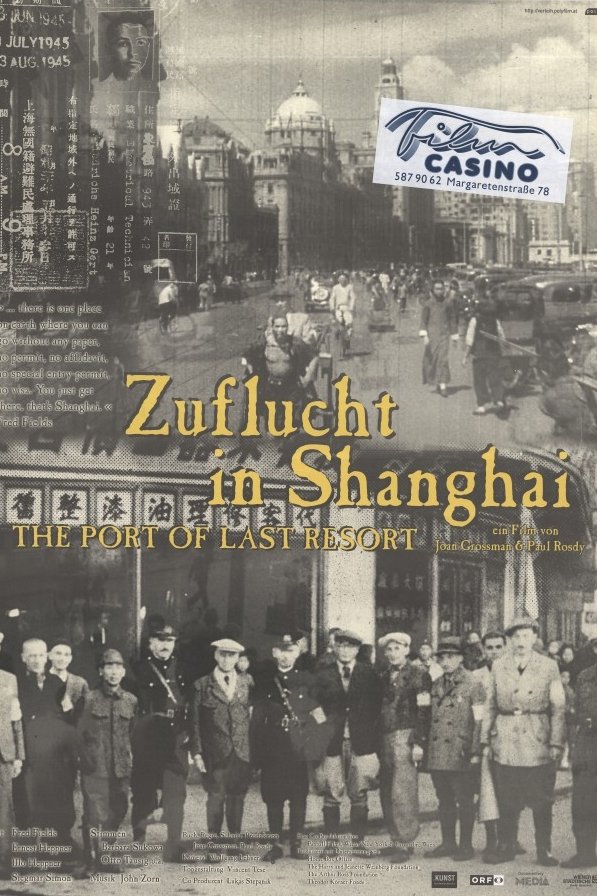
The Port of Last Resort
(Musical)
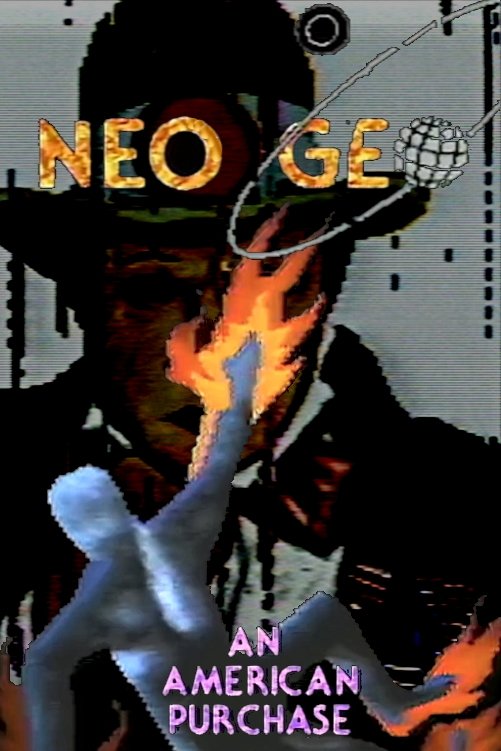
Neo-Geo: An American Purchase
(Music)
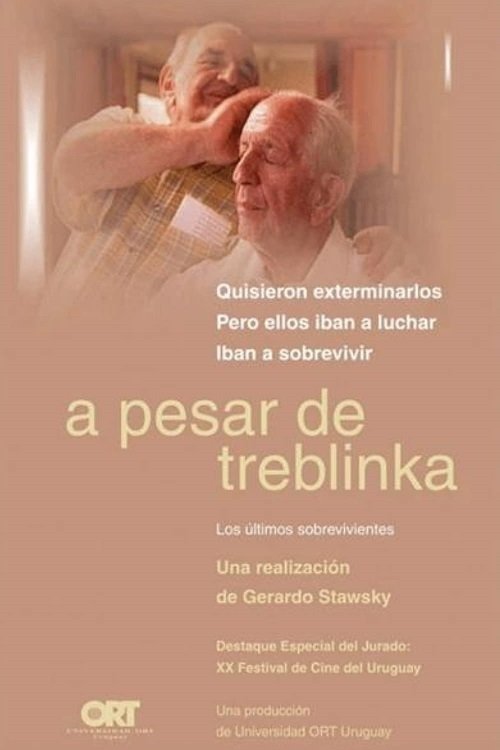
Despite Treblinka
(Music)
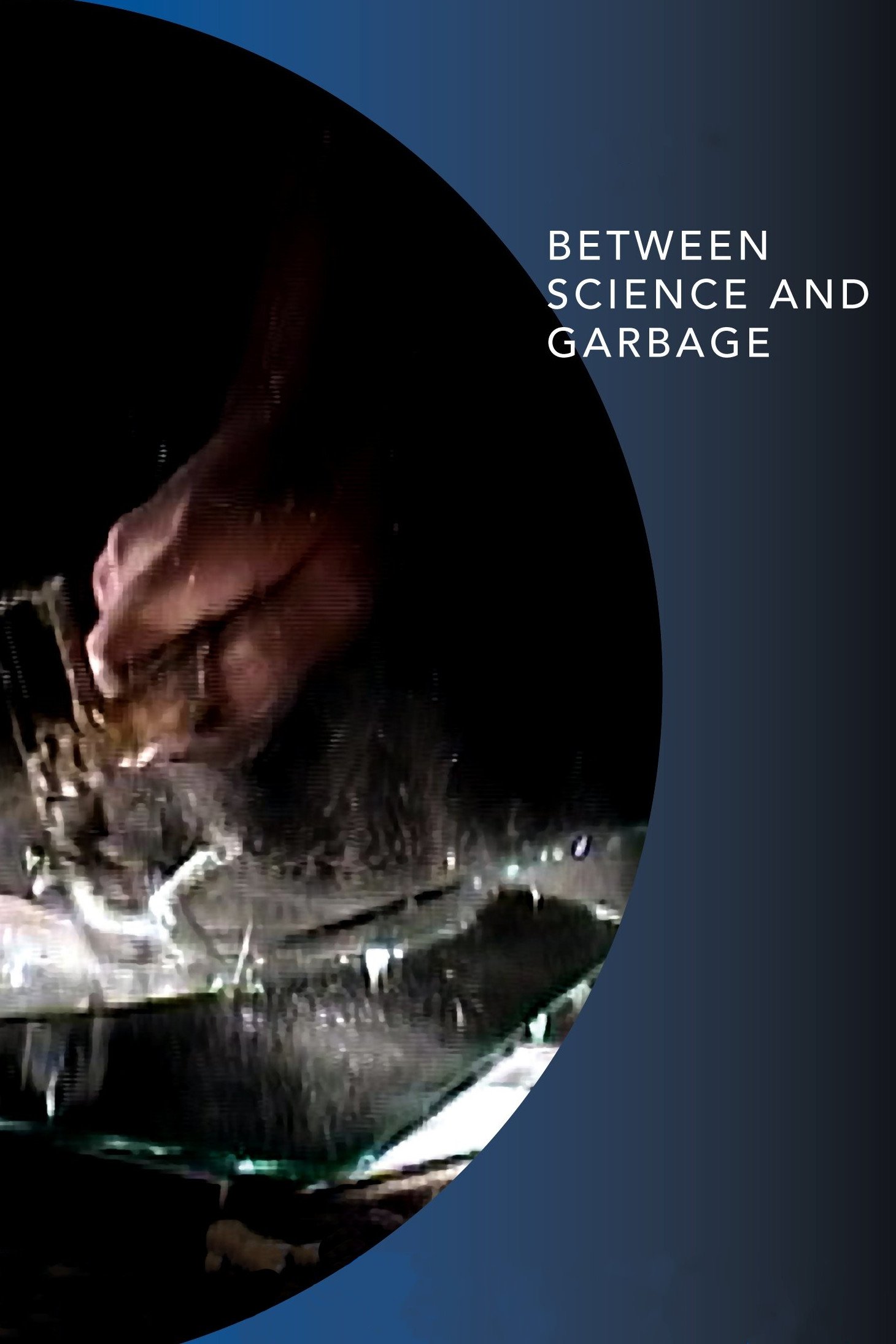
Between Science and Garbage
(Executive Producer)
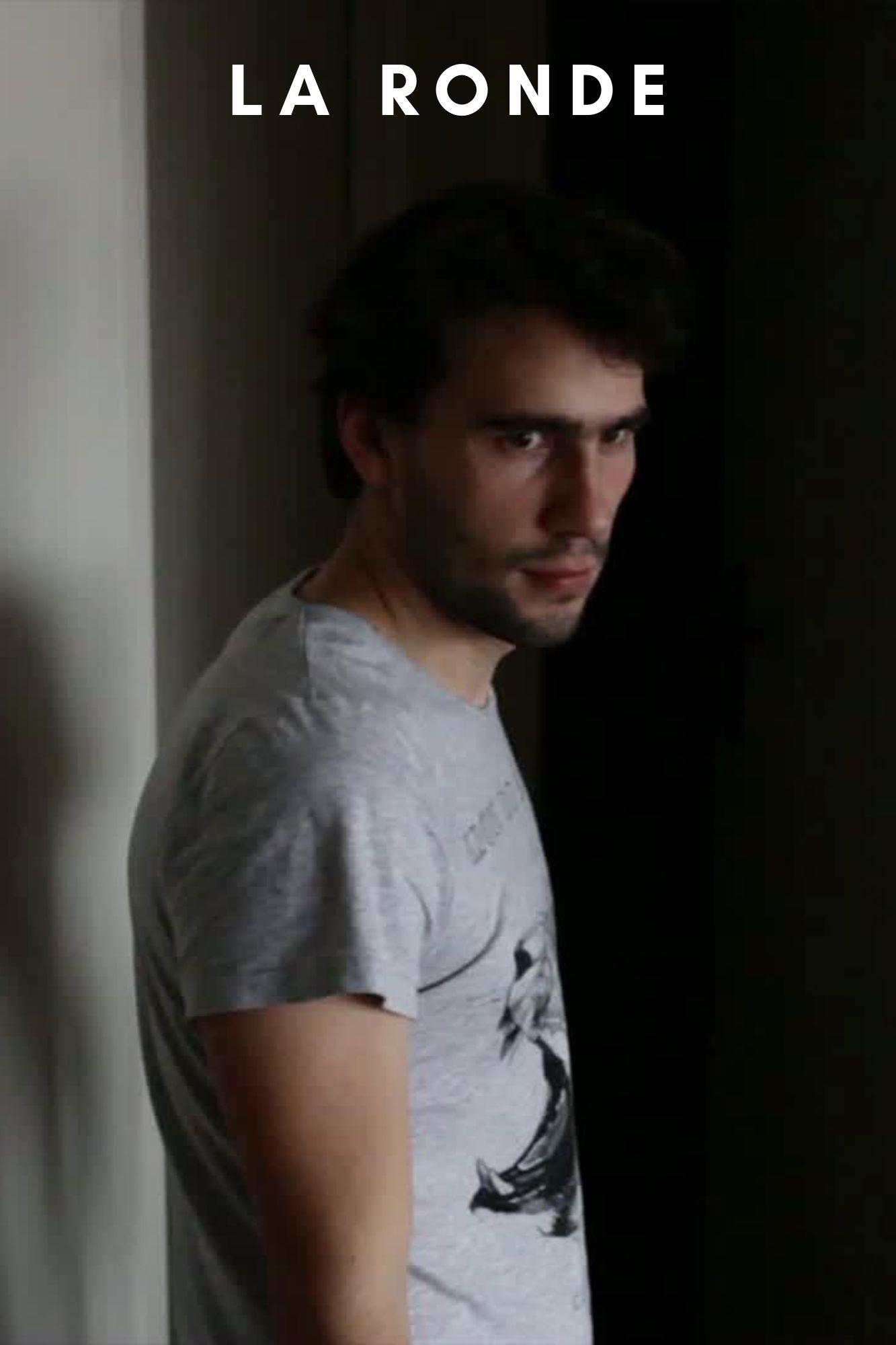
La ronde
(Music)
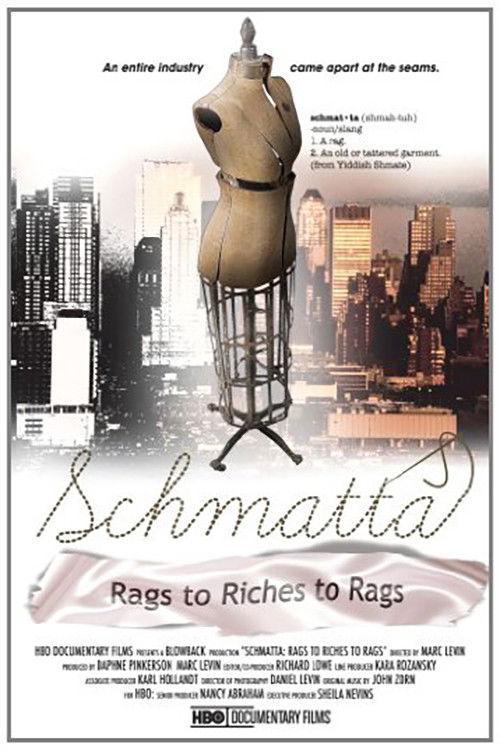
Schmatta: Rags to Riches to Rags
(Music)
White and Lazy
(Music)

Masada: Live at Tonic 1999
(Music)
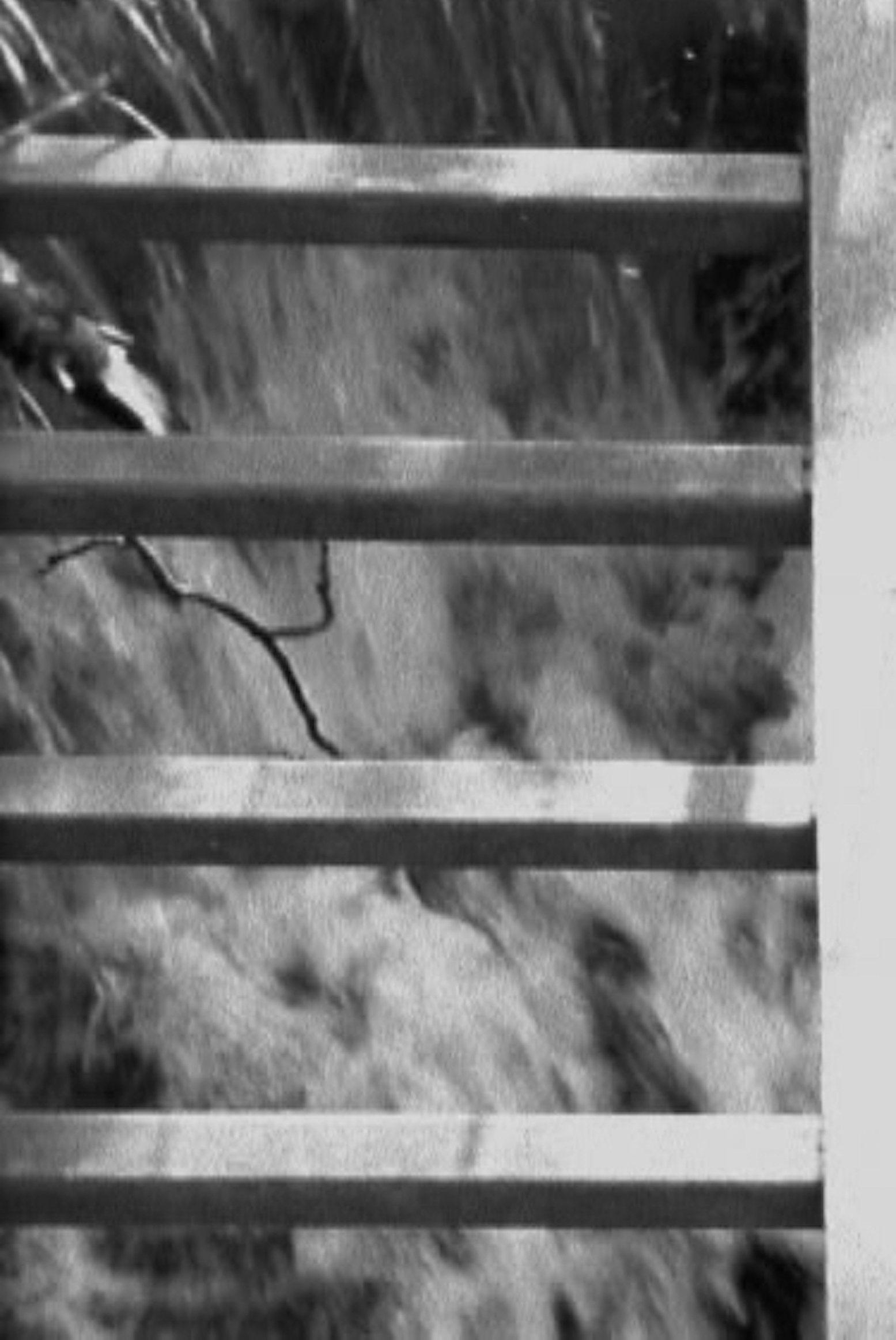
Arcana
(Music)
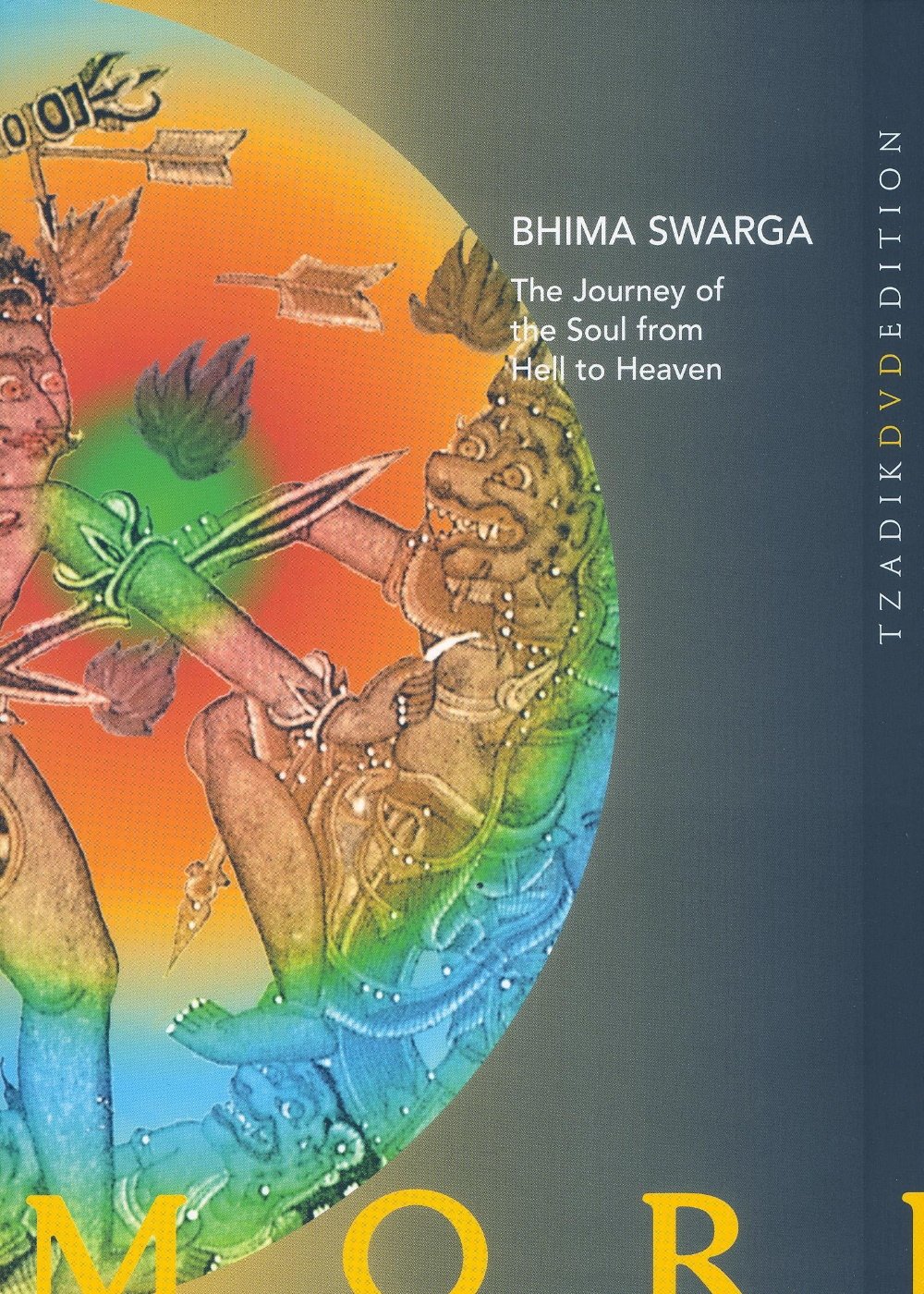
Bhima Swarga: The Journey of the Soul from Hell to Heaven
(Executive Producer)
Le deuxième jour
(Music)
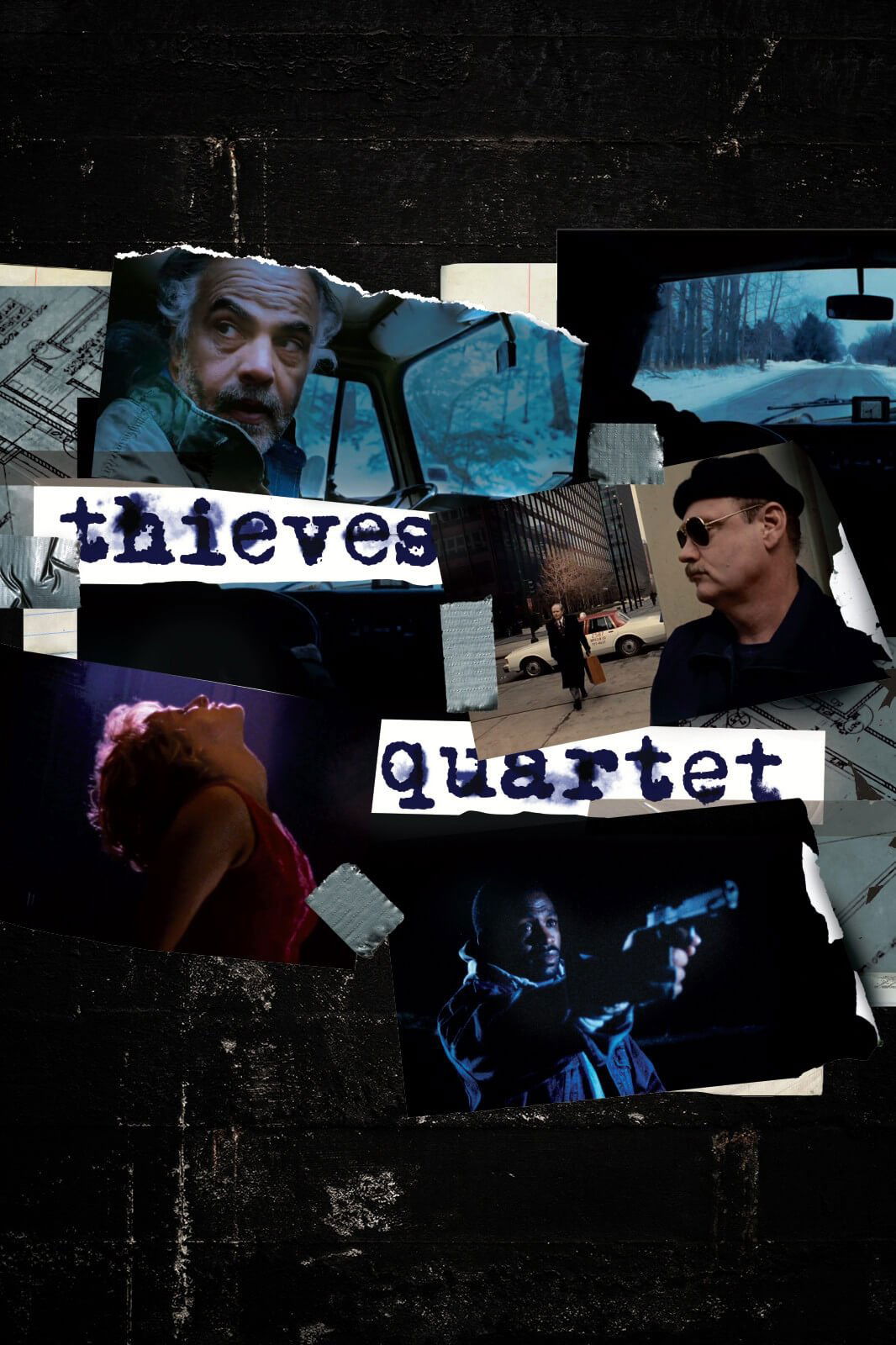
Thieves Quartet
(Music)
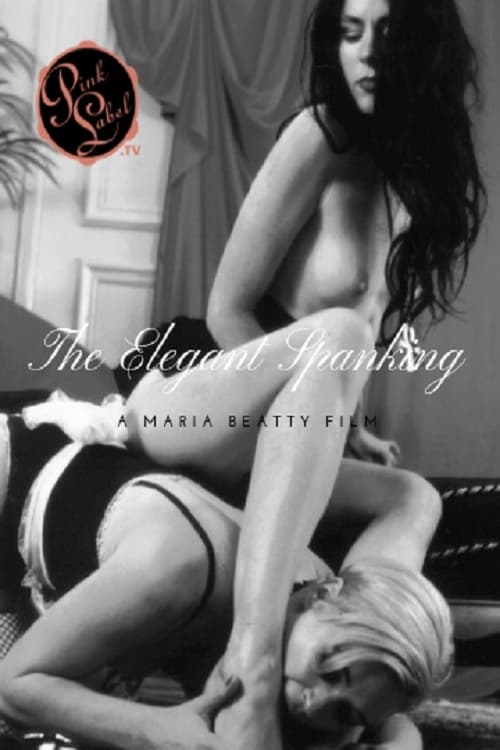
The Elegant Spanking
(Music)
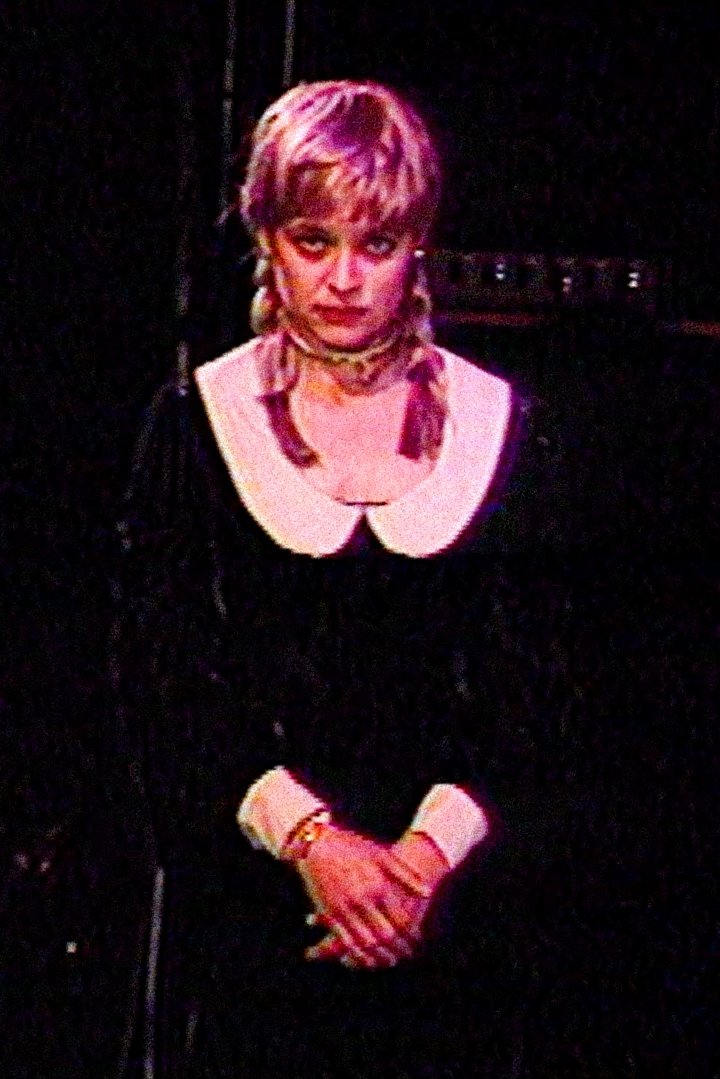
A Lot of Fun for the Evil One
(Music)
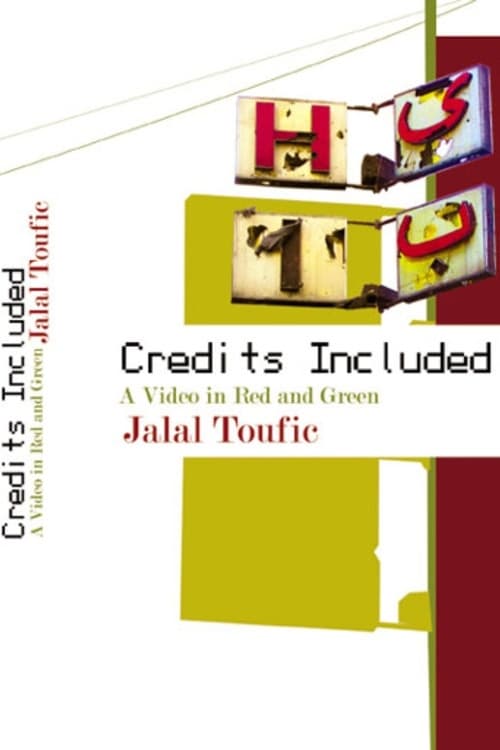
Credits Included: A Video In Red And Green
(Music)

The Black Glove
(Music)
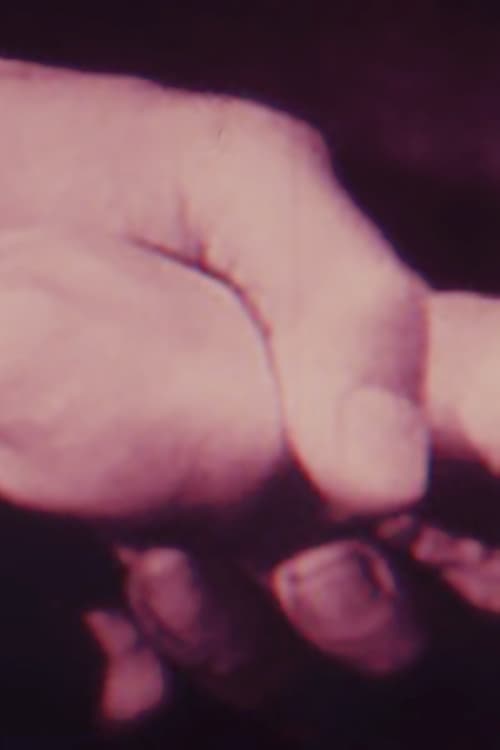
Mechanics Of The Brain
(Music)
Anton, Mailman
(Music)
Hollywood Hotel
(Music)
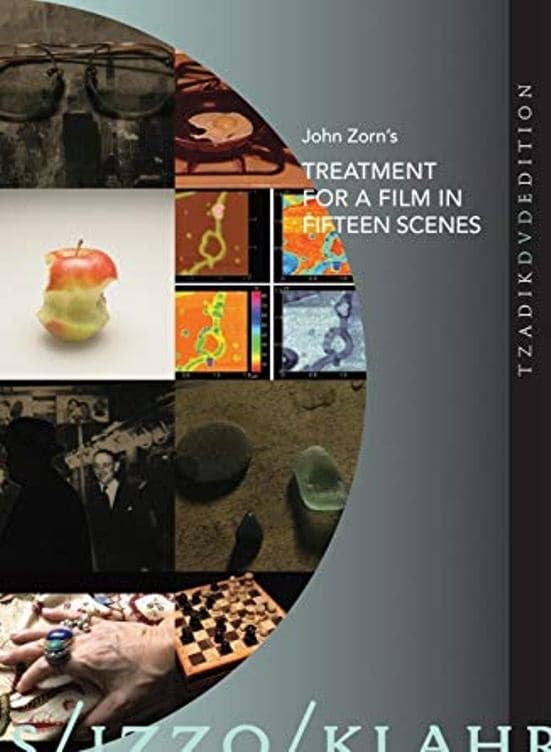
Well Then There Now
(Writer)

15 Scenes: 254 Shots
(Writer)

Bare Room
(Writer)
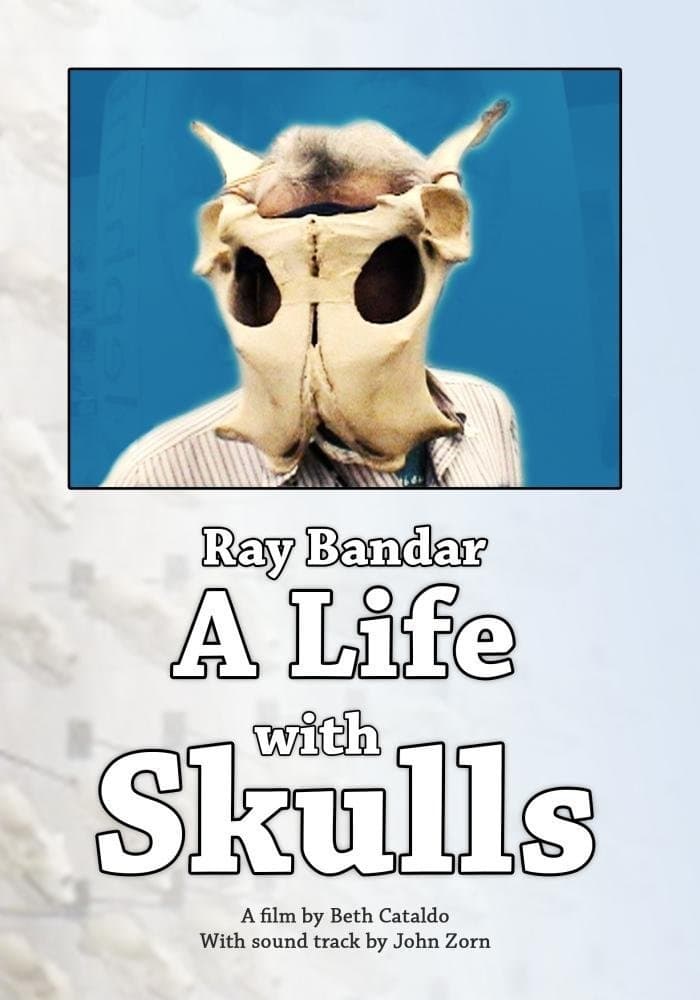
Ray Bandar: A Life With Skulls
(Music)
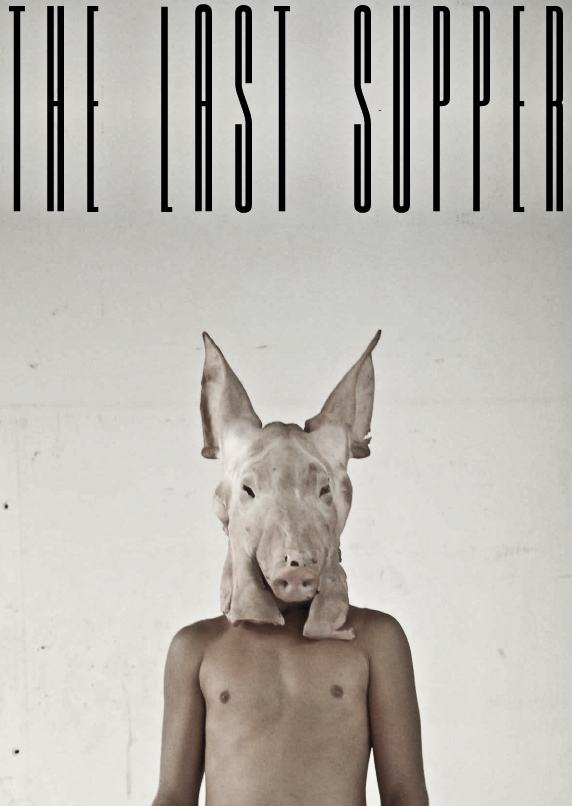
The Last Supper
(Music)
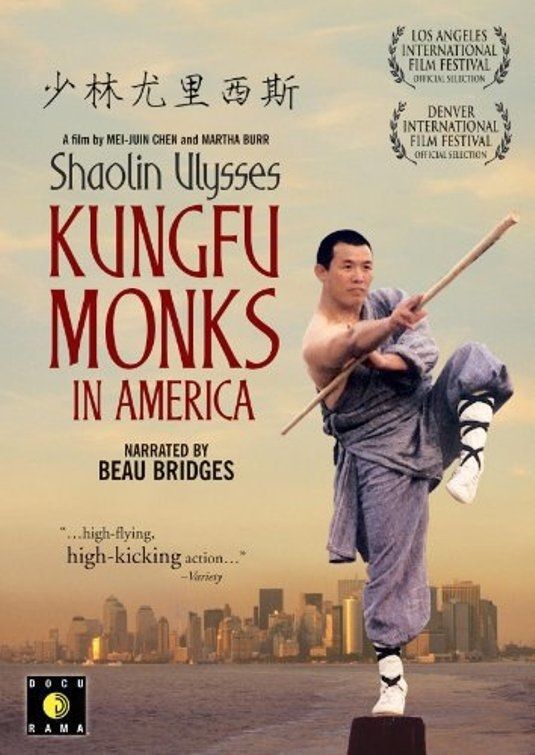
Shaolin Ulysses: Kung Fu Monks in America
(Music)
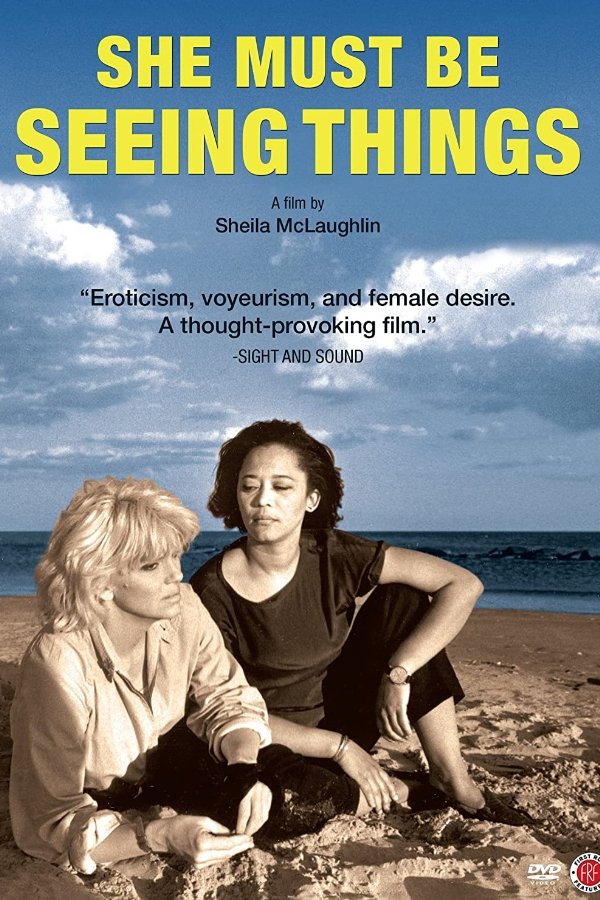
She Must Be Seeing Things
(Music)
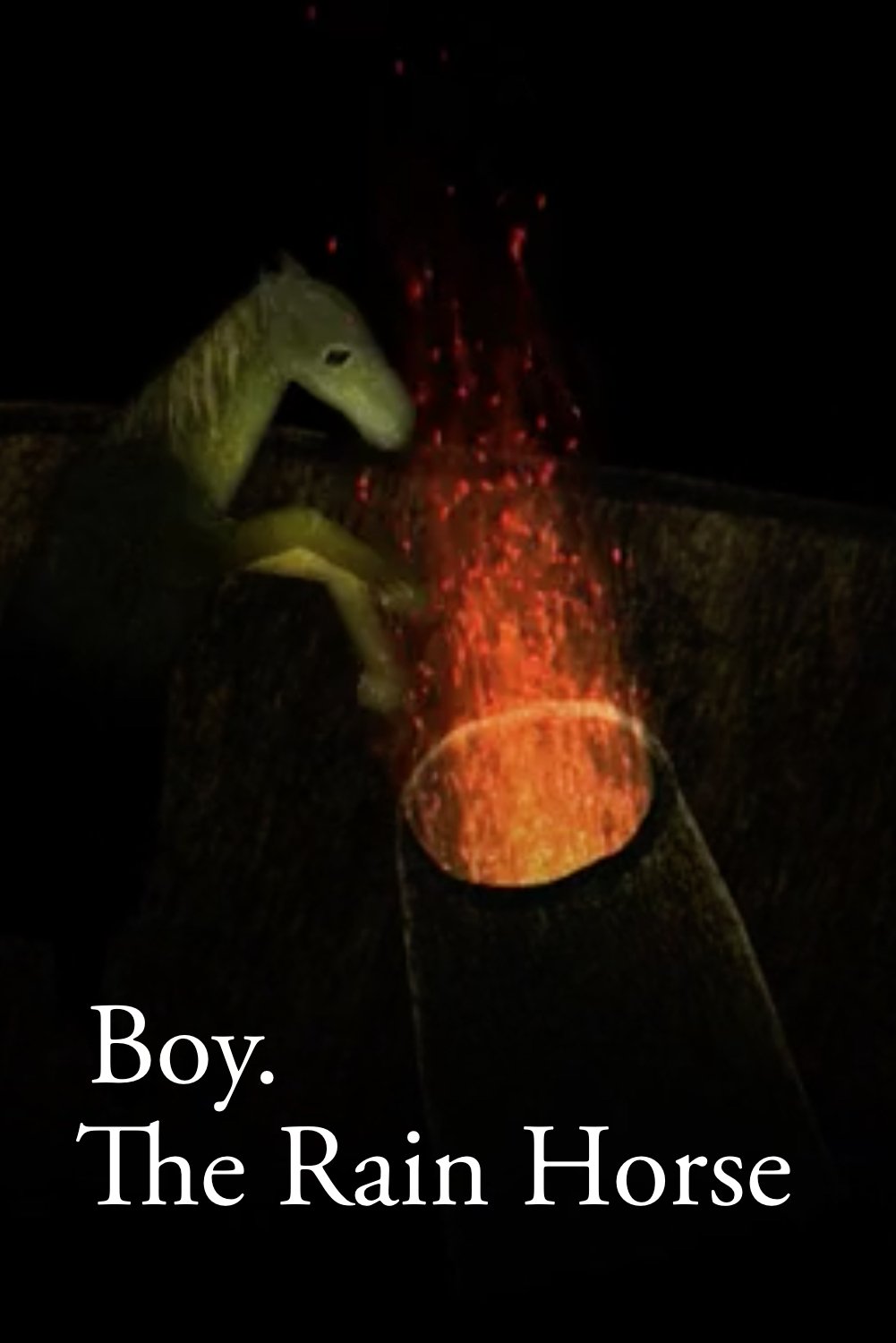
Boy
(Music)

The Port of Last Resort
(Music)
Notes on Marie Menken
(Music)

Belle de Nature
(Music)
Secret Lives: Hidden Children and Their Rescuers During WWII
(Music)
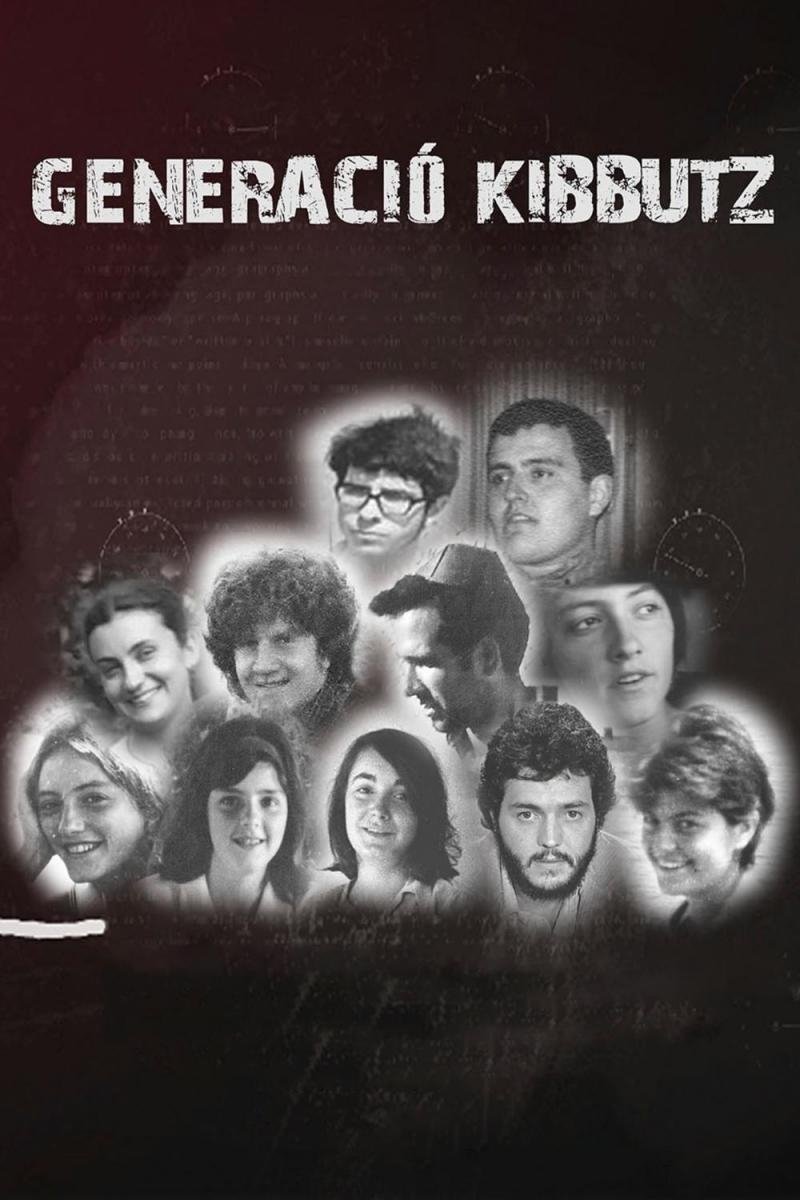
Generació Kibbutz
(Music)

A Bookshelf on Top of the Sky: 12 Stories About John Zorn
(Original Music Composer)

Masada: Live at Tonic 1999
(Executive Producer)
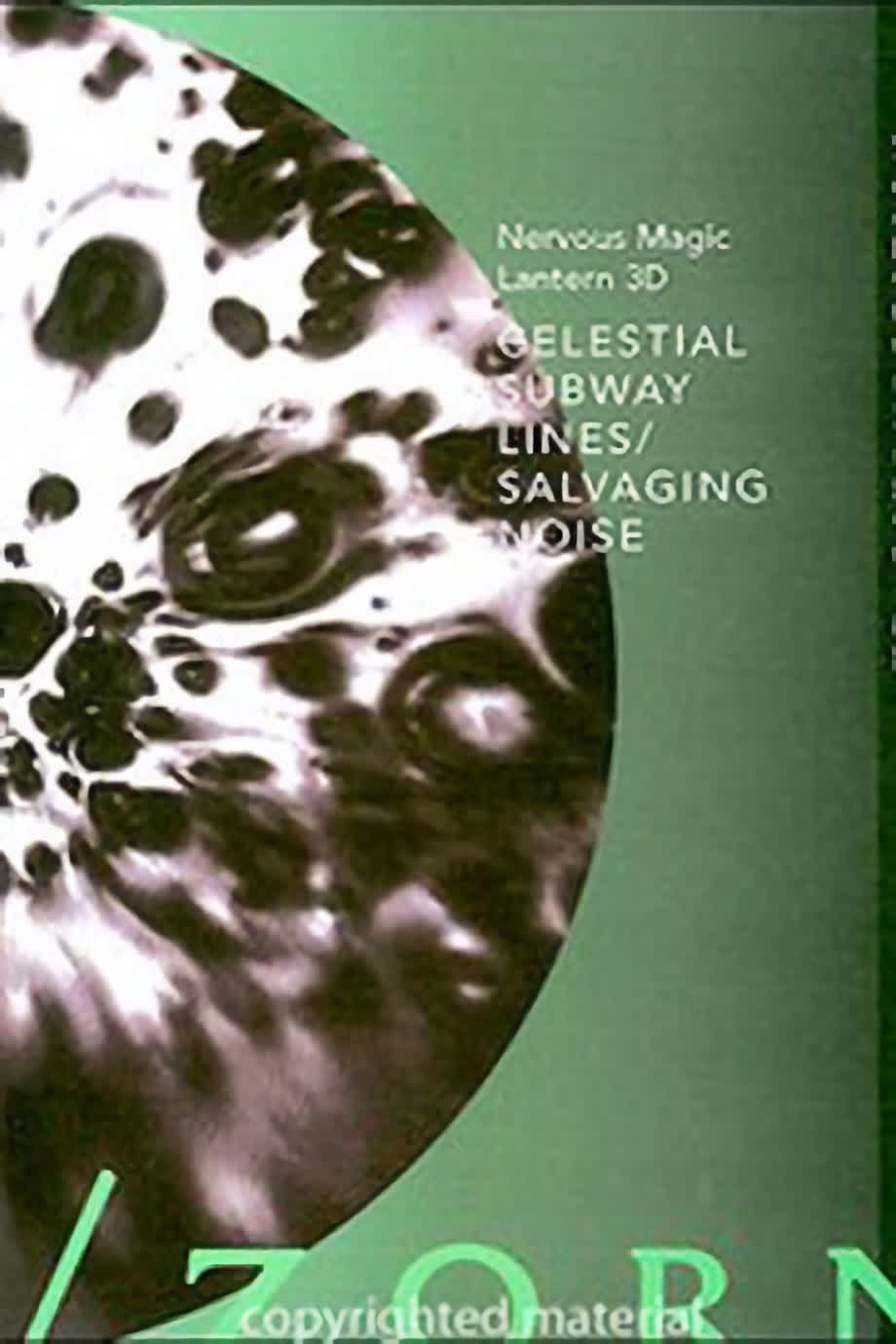
Celestial Subway Lines/Salvaging Noise
(Music)
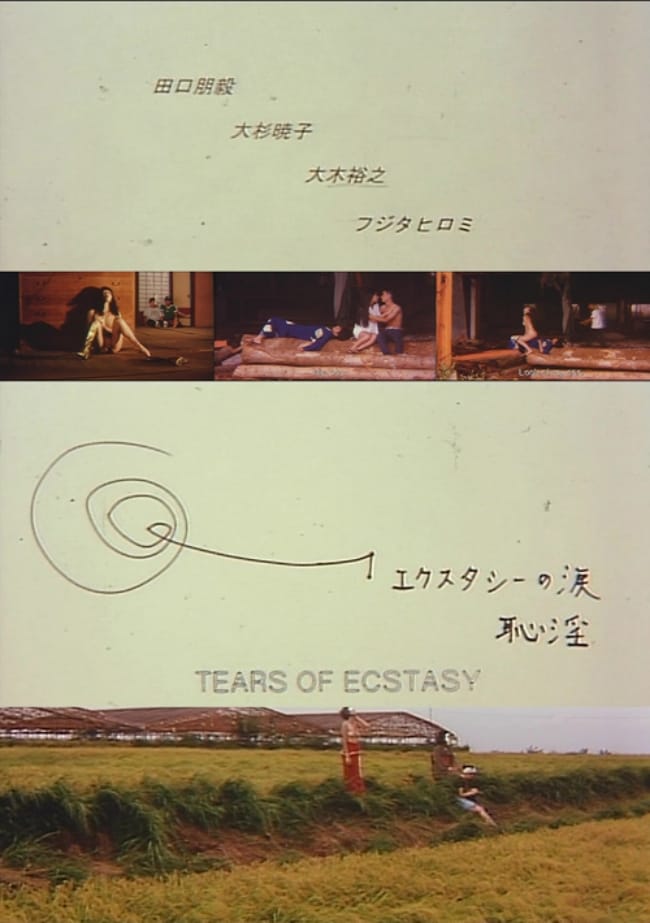
Tears of Ecstasy
(Music)
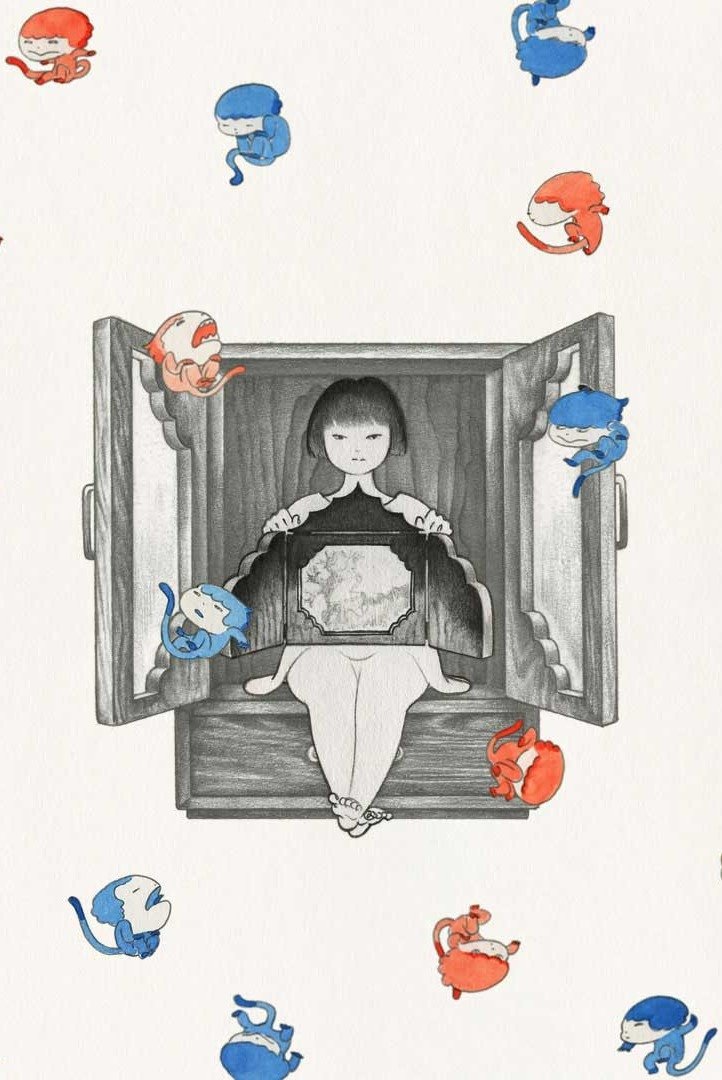
KiyaKiya
(Music)

Gotham
(Music)

Workingman's Death
(Original Music Composer)

Sabbath in Paradise
(Music)
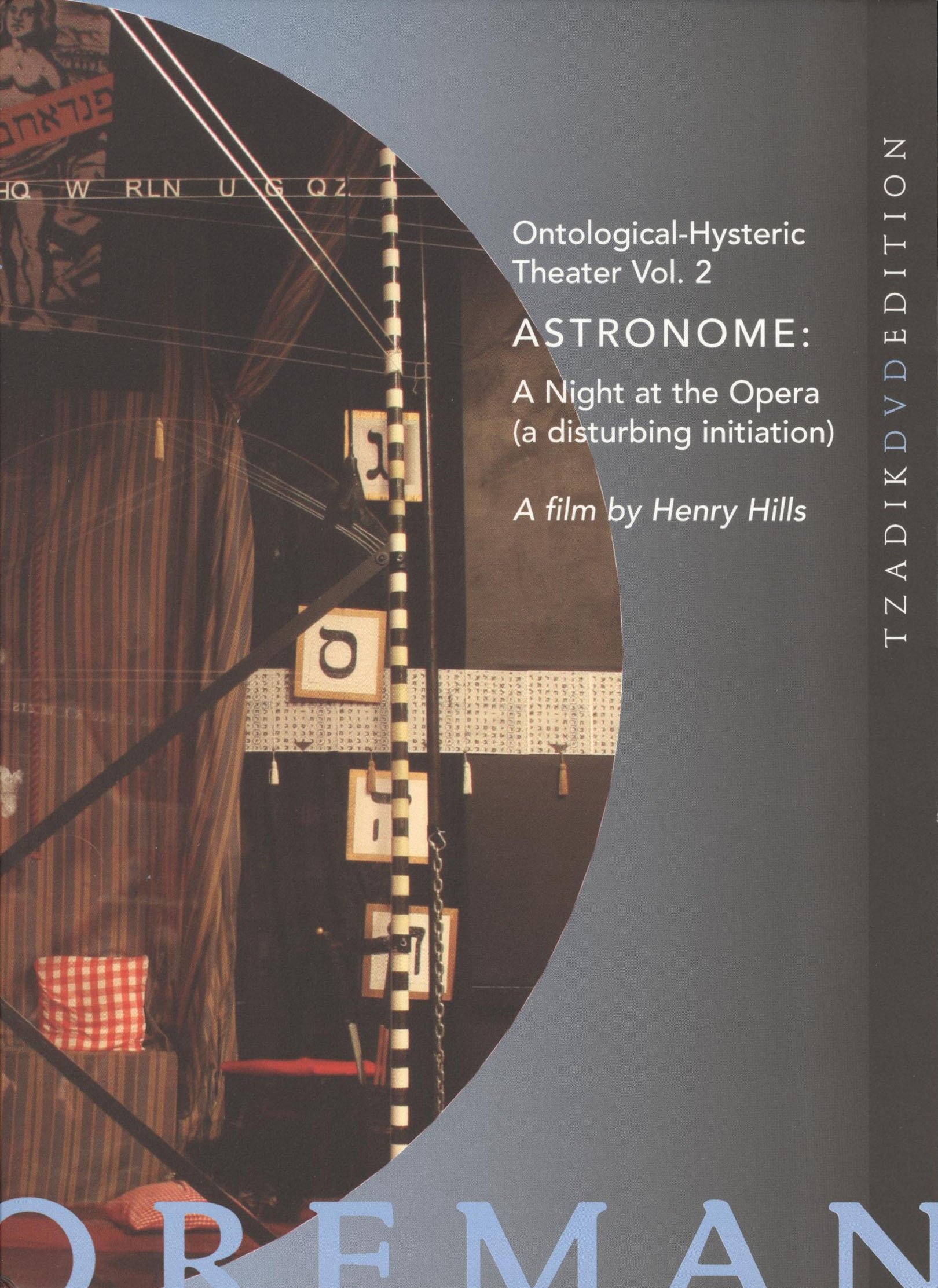
Astronome: A Night at the Opera (A Disturbing Initiation)
(Music)
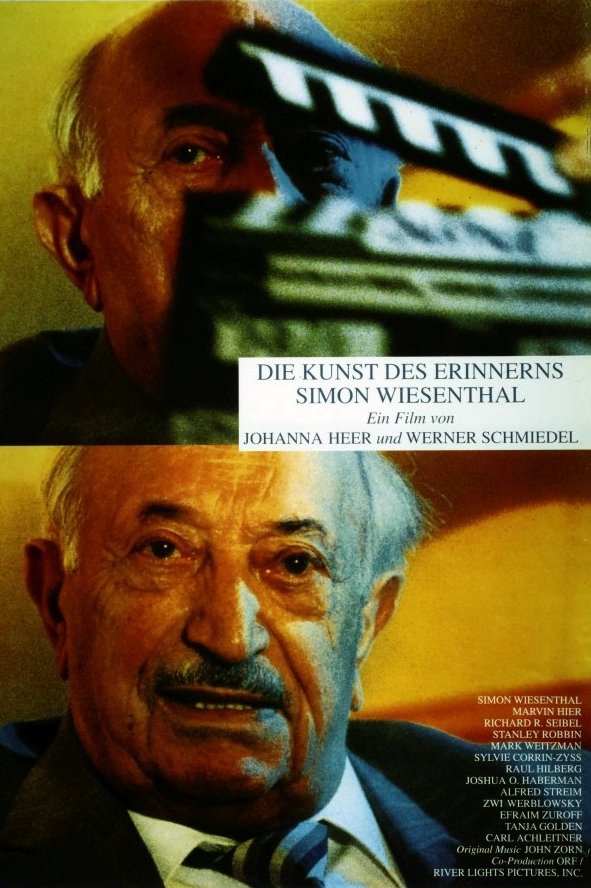
Die Kunst des Erinnerns – Simon Wiesenthal
(Music)

Little Lieutenant
(Music Arranger)

Little Lieutenant
(Conductor)

Little Lieutenant
(Musician)
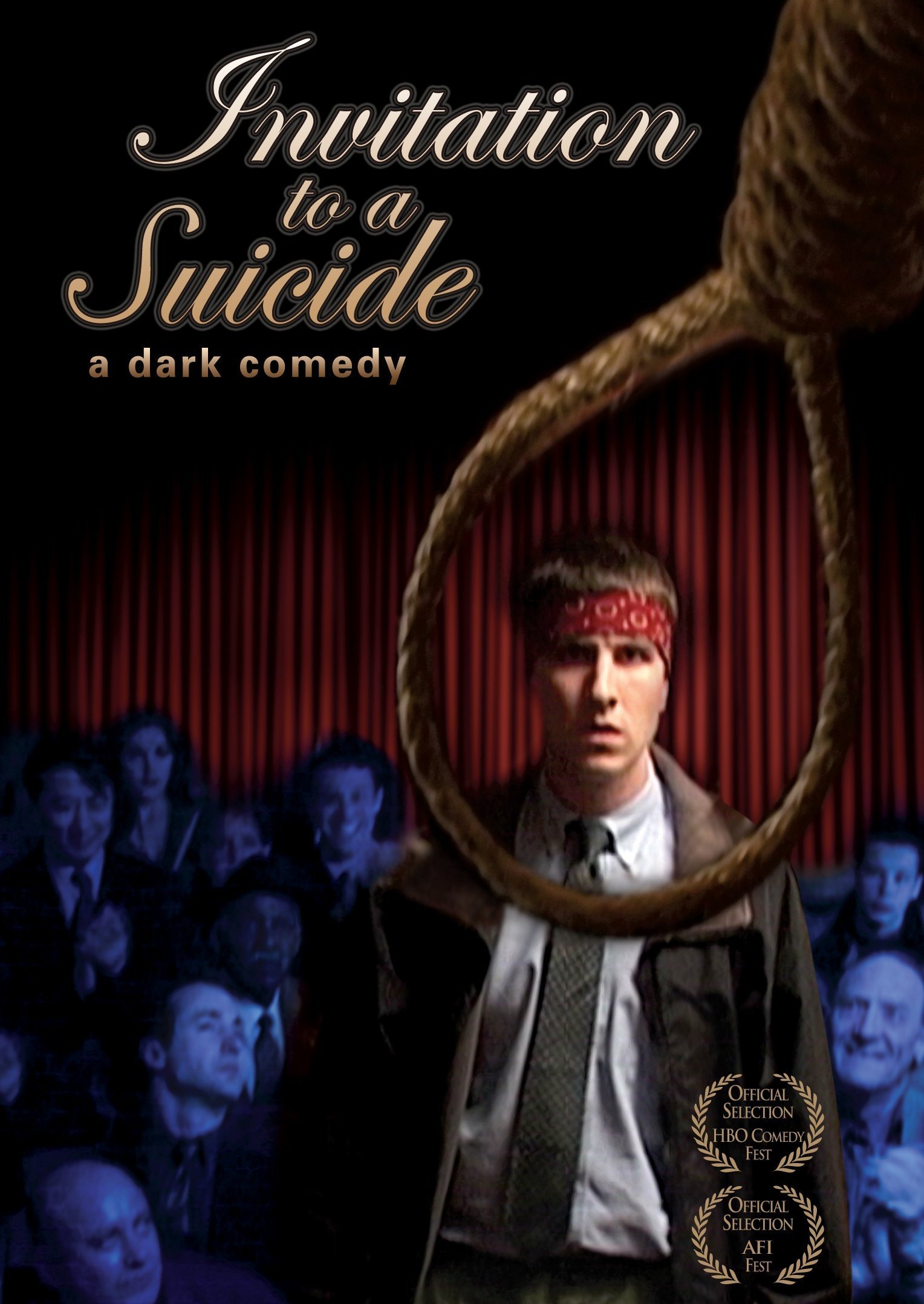
Invitation to a Suicide
(Original Music Composer)
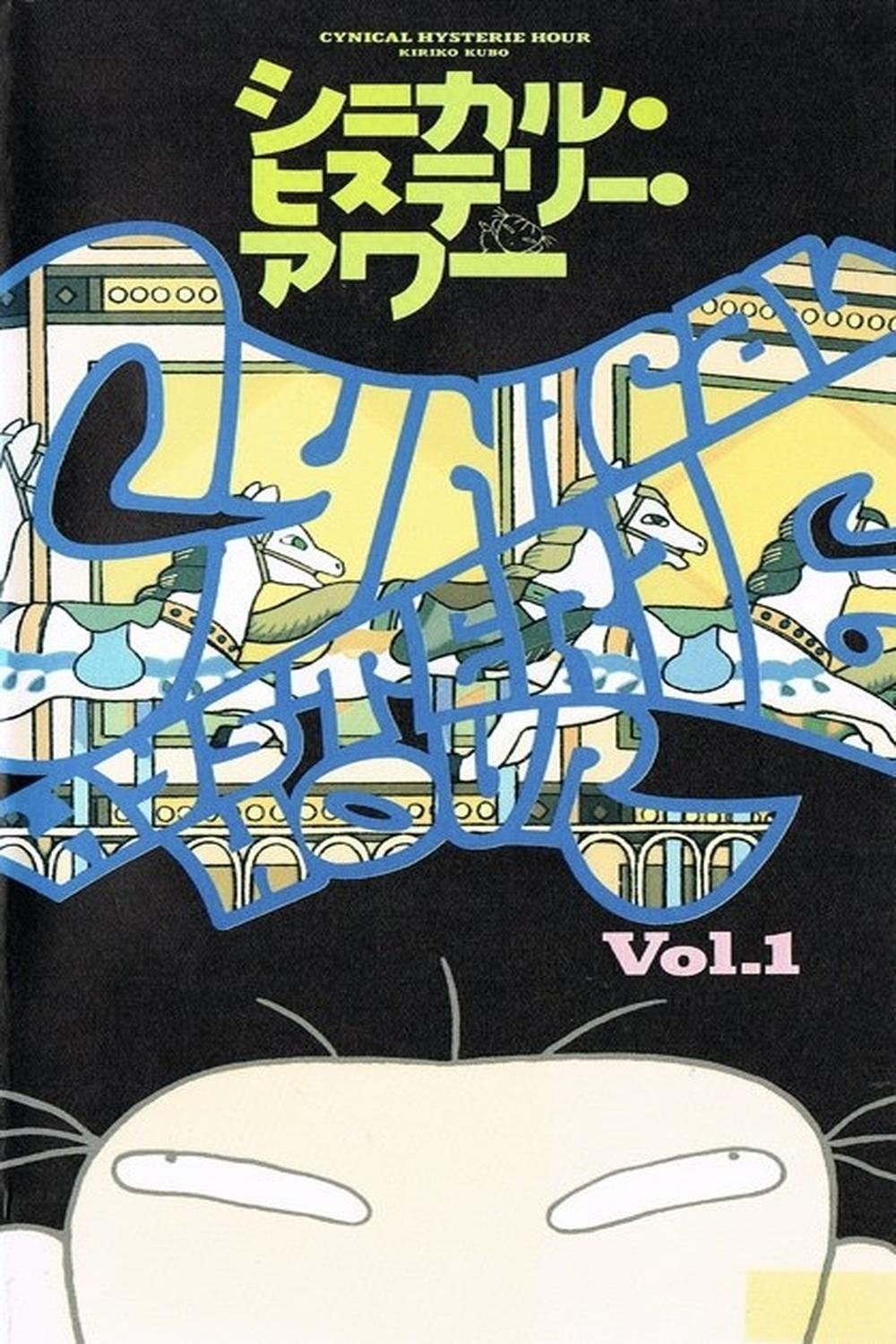
Cynical Hysterie Hour
(Music)
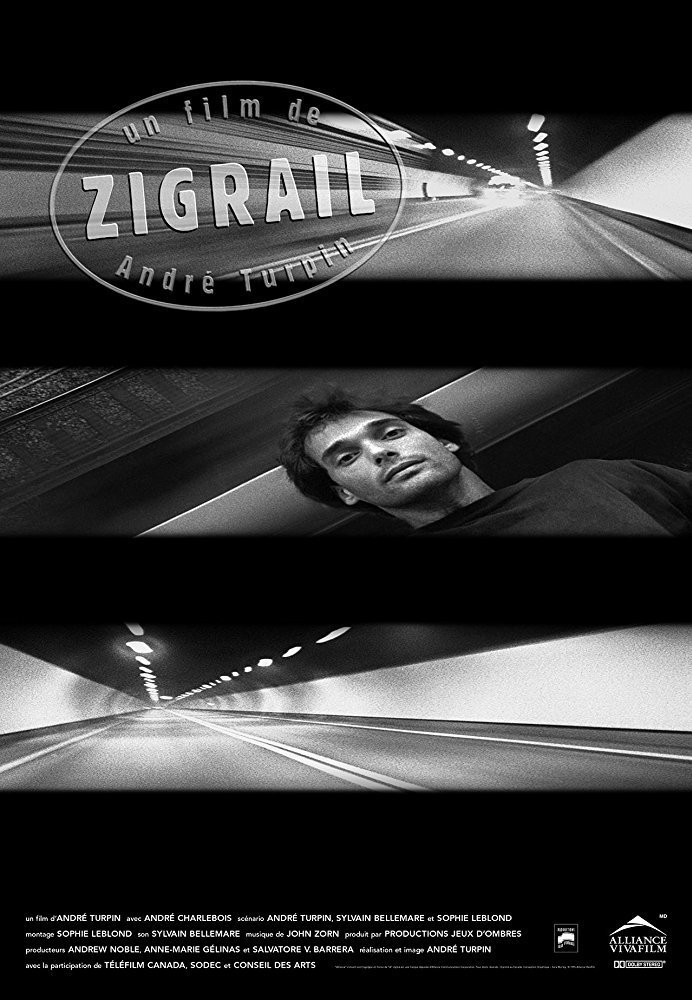
Zigrail
(Original Music Composer)
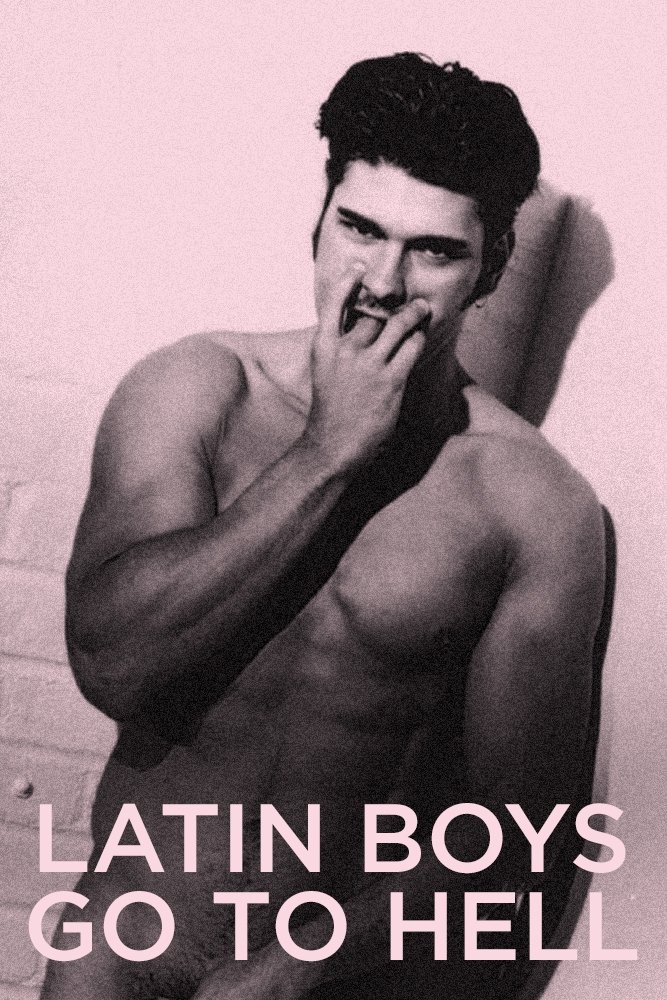
Latin Boys Go to Hell
(Original Music Composer)
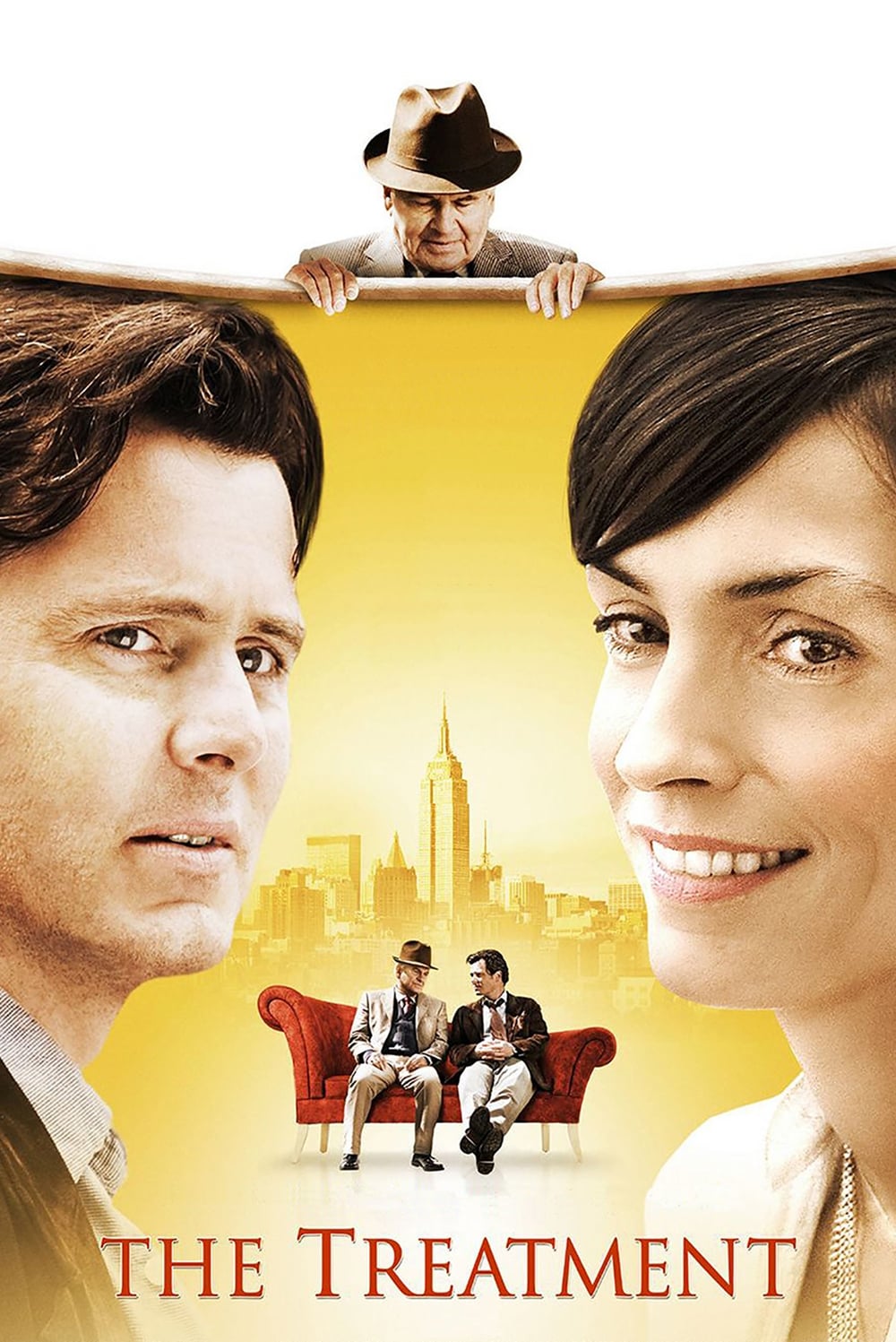
The Treatment
(Original Music Composer)
Nightwindows
(Music)
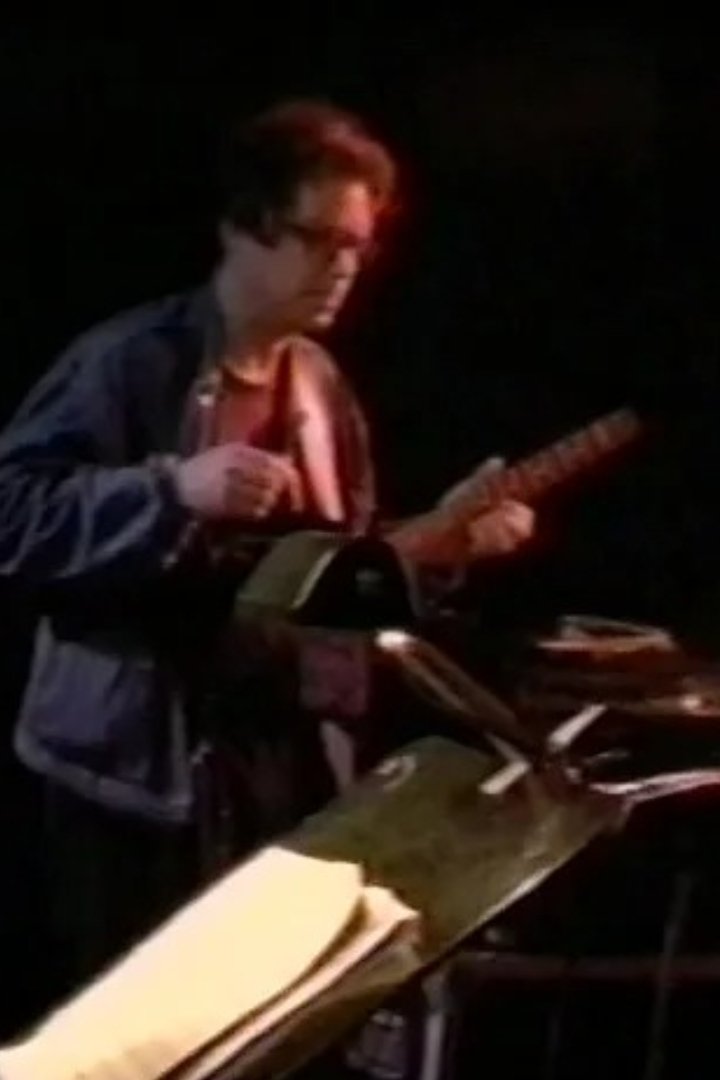
John Zorn's Naked City
(Musician)
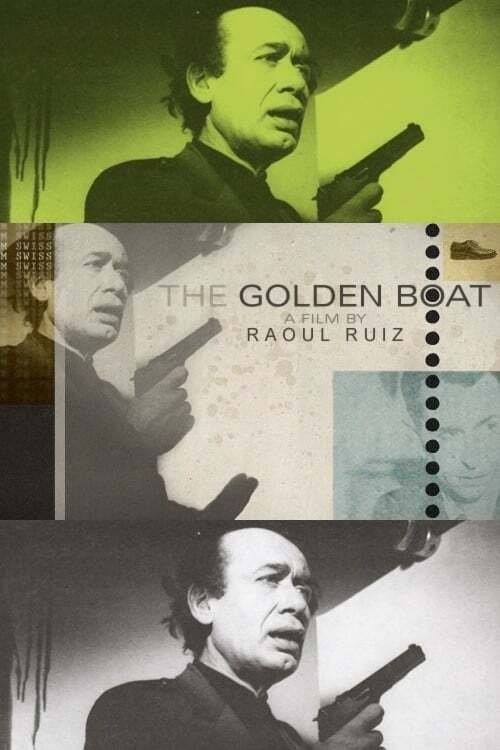
The Golden Boat
(Original Music Composer)